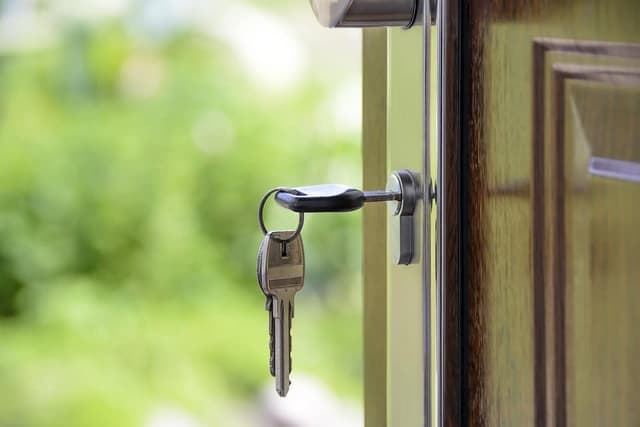You may have some idea of what guests look for when booking your short term let. You may even have invested in comprehensive short term rental management as a way to provide your guests with the best ...
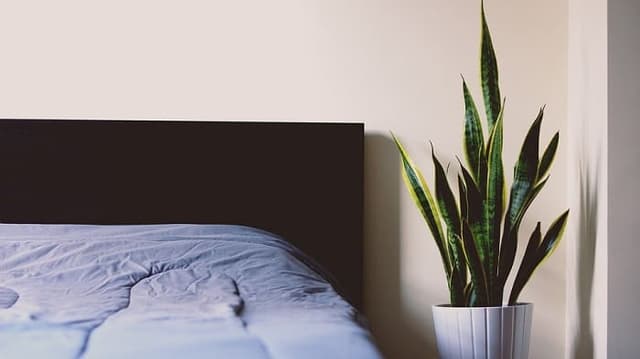
Natural swimming pools are a must for any holiday rental owner wanting an eco-friendly, water-wise alternative to traditional swimming pools. In Cape Town, saving water has become more important than ...
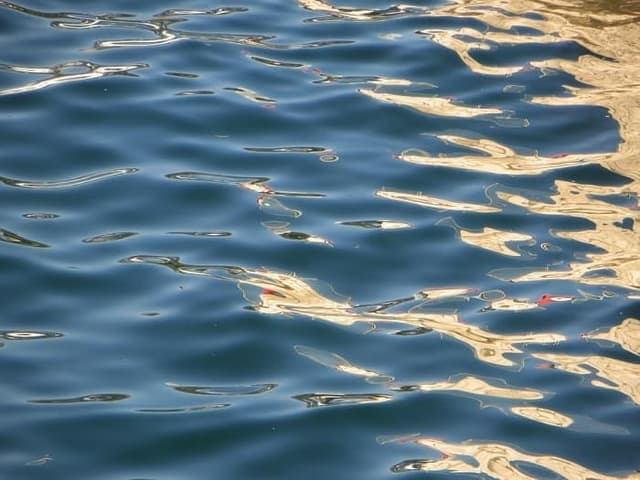
Have you identified your vacation rental USP? Do you know what separates your rental from the many other similar rentals in your area? Defining your unique selling point is key to putting your rental ...

Treehouses are a holiday letting trend that captures imagination almost instantly, offering an unusual choice that is ideal for honeymoons, romantic retreats and even family holidays. Recently, Huffin...
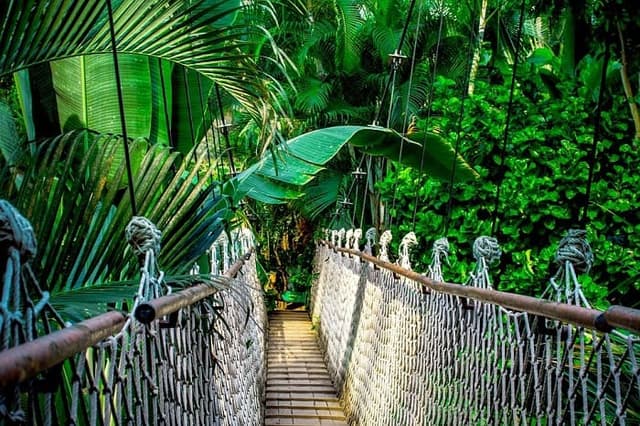
Totalstay is proud to be offering guests a range of beautifully made Relate bracelets for sale at our selected villas, apartments, boutique retreats, and aparthotels. These bracelets make great gifts ...
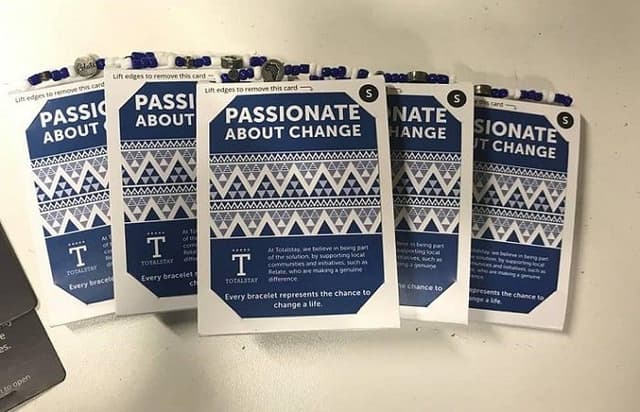
Trailers and similar micro-lets are a holiday letting trend that is set to become even more popular in the years ahead. Once limited to campsites and budget accommodation, the trailers of today are st...
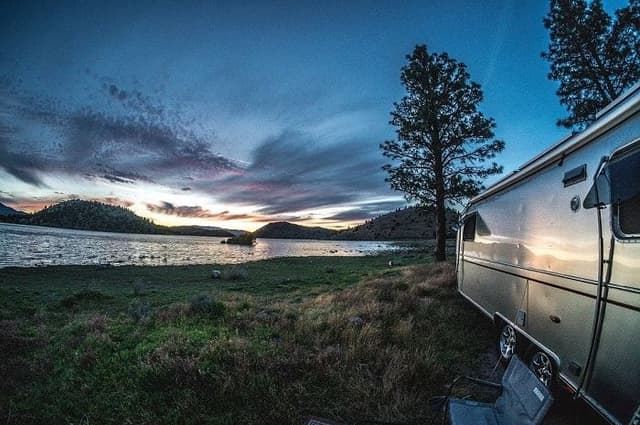
Vacation rental home automation has come a long way over the last year or so. Smart vacation lets, in general, have become a major trend for 2018 and beyond, offering a way for guests to enjoy a strea...

To help you save on Cape Town short term rental accommodation this year, Totalstay has put together an exclusive package that gives you a week-long experience for two that you will never forget. The W...
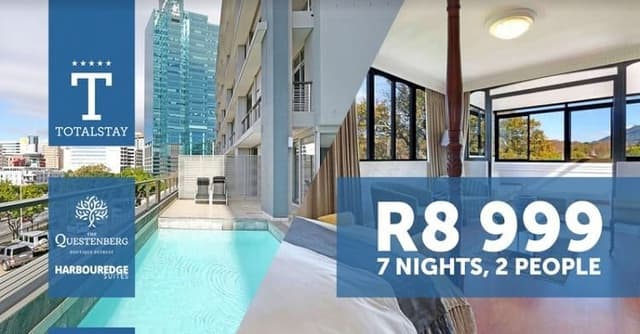
With Valentine's Day around the corner, many short term let owners may be wondering how to attract more couples to their apartment, villa, guest house or self-catering holiday home. Although couples t...
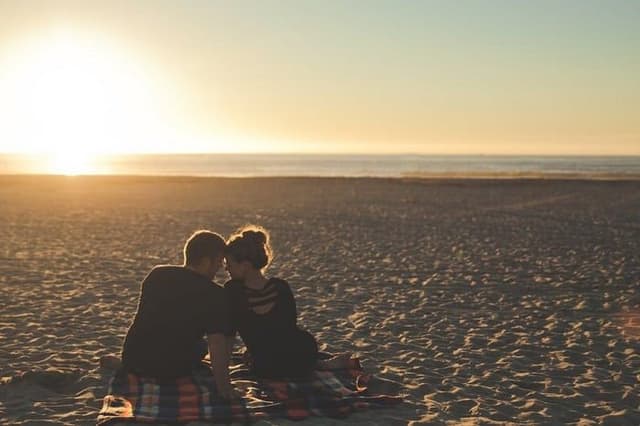
Modern, compact and sustainable, container homes are certainly a holiday letting trend worth watching. If you have been considering this type of property for your short term let, you may already have ...
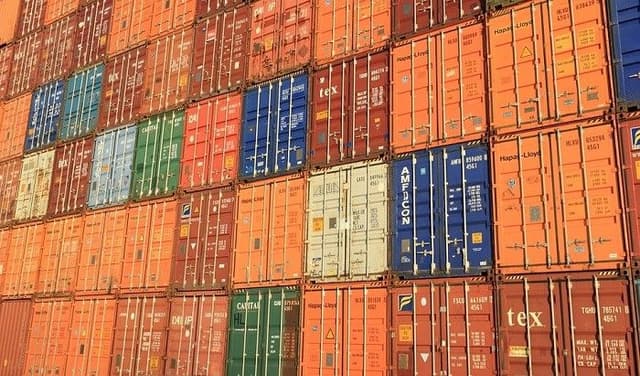
There are many ways to save water at your short term let – not all of which require major renovation. As the Cape Town drought continues to worsen, we can no longer afford to ignore the impact that we...
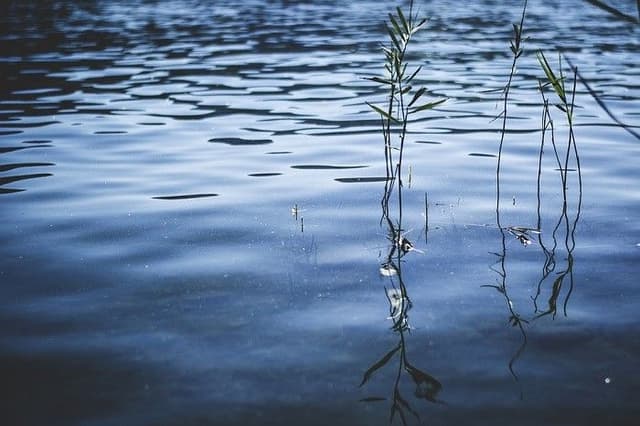
Getting the most from honeymoon rentals is easier than you may think. For the large number of honeymooners that choose Cape Town as their destination as the place to begin a brand new life together, f...
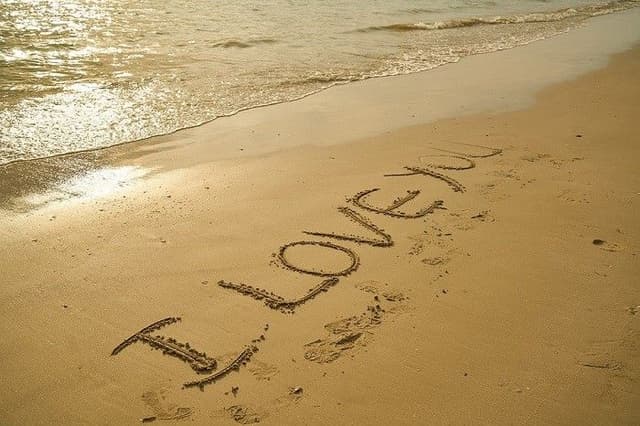
A holiday letting trend that gets more popular each year, guest farms offer a combination of guest house and retreat. There are many ways to transform a smallholding, working farm, or large sized prop...

As we get further into the new year, it's time to start reflecting on what is really getting in the way of your short term holiday rental success. If you have created a few listings, had a few guests,...

As of 1 January 2018, Level 6 Cape Town water restrictions were announced. At the end of the month, Level 6B restrictions will be implemented. The City of Cape Town has begun to announce its water cri...
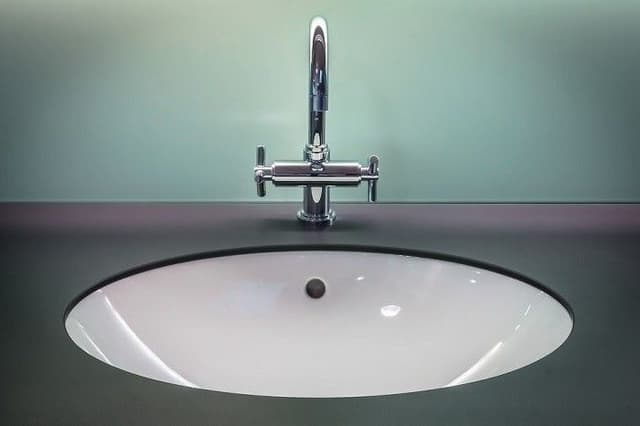
As we get closer towards the middle of January, now is the time to think about holiday letting property resolutions that will guide your efforts in the year ahead. Whether you already have a few goals...

Which short term rental marketing trends should you be watching this year? Which trends are truly worth investing in, and which are likely to be a passing fad? With so many trends coming and going eac...

You may be rolling your eyes a bit, wondering what on earth your short term let has in common with a resort. When most people hear the word resort, they think of luxurious holiday destinations complet...
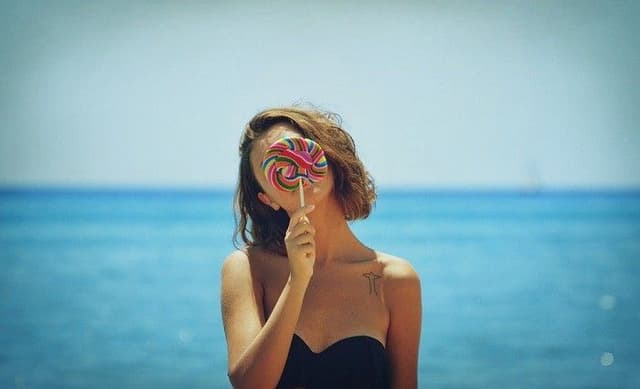
Our featured vacation letting trend this week is workations – a type of getaway that fuses business and leisure travel. As the name suggests, this term fuses together work and vacation. The trend bega...
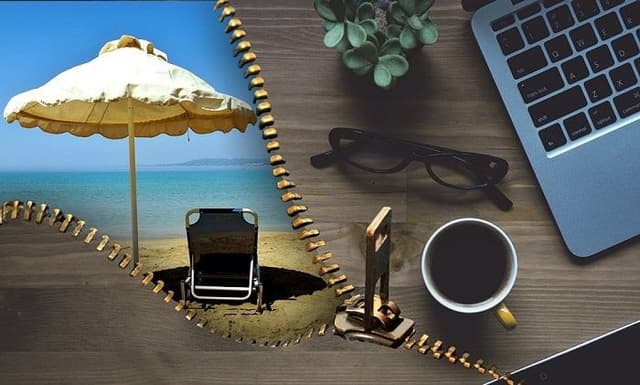
You may have been tempted to get an instant, ready-made vacation rental website. If you have recently started letting your property on Airbnb or another listing site, you might come across a vacation ...

Wondering whether niche travel markets are worth considering? Not sure which market is a good fit? It can be challenging to know how to choose a niche, whether or not you should even target a niche an...
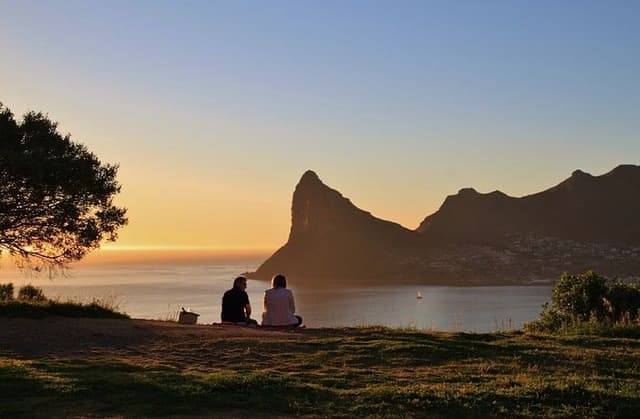
First time vacation rental owners do not have an easy job. It can be daunting to venture into the short term rental space, to say the least. If you have no previous experience, but you are passionate ...
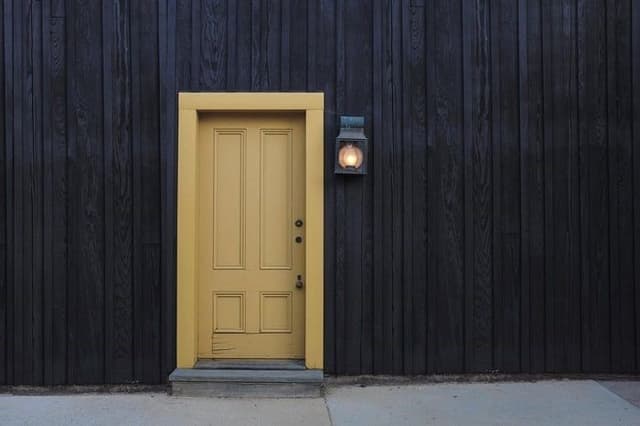
Airbnb horror stories are slowly but surely adding a dent in the world's biggest online booking platform's reputation. Over the last year alone, there have been a number of cases in the news that show...

Choosing an apartment rental investment is not always as easy as it sounds. There are many factors to consider, from the location to the type of apartment.
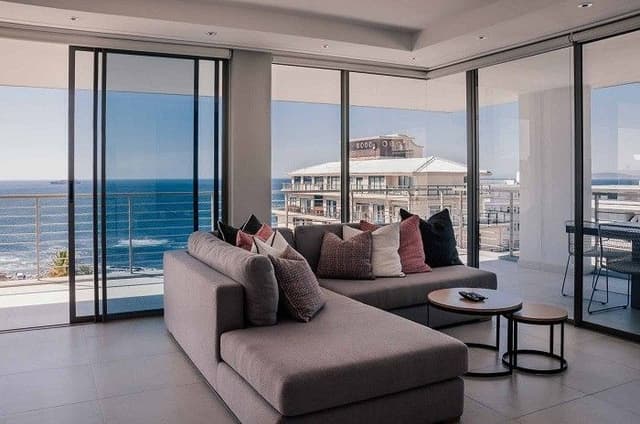
Wondering how to compete in a crowded short term rentals market? Standing out in an overly crowded market is a huge challenge. Many short term let owners struggle to position properties in a way that ...

One of the biggest trends in holiday letting property of late is conversions. With this trend, barns, factories, churches and historical monuments are transformed into fully equipped self-catering pro...
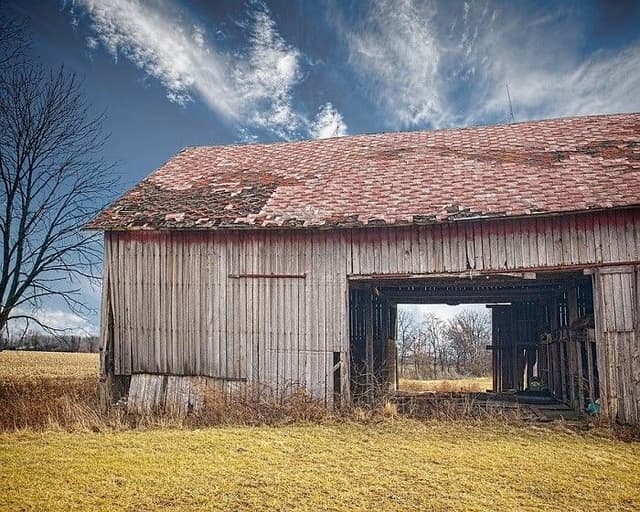
If you have been thinking about working with a short term rental manager, you have most likely reached a point where you are ready to grow. The number one reason that property owners hire managers is ...

What role does video play in your vacation rental listings? Actually, a bigger role than you may realise. Video has become one of the biggest trends in social media, helping to encourage connections a...
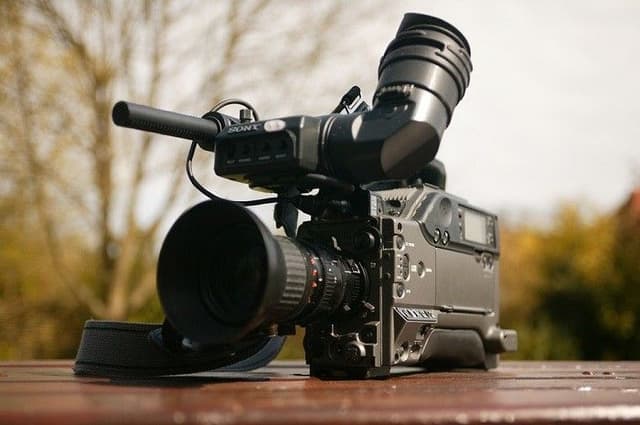
Wondering whether it is best to invest in short term rental property or a B&B? The former is a broader term for a wide range of rentals, including self-catering apartments, villas, holiday homes and c...
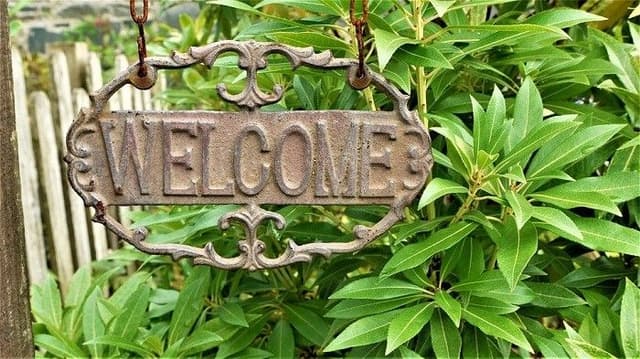
If you want to lose holiday rental guests quickly and prevent your booking success from ever taking off, this article is for you. Not too long ago, we shared our tips on ways you may be scaring away s...

According to a 2016 August Home study on smart vacation let features, guests are slowly starting to expect automation and other features. This study, titled Short-term Rentals: Smarter Housing with Sm...

As we get closer to the end of the year, there are a few vacation rental trends worth noting for the year ahead. Over the last year, we have seen a slow but steady change in the way that people travel...

Ready to create your vacation rental listing? Before you get started, there are a few things to keep in mind. Many people assume that simply putting out a short term rental listing is enough to bring ...

Are you putting off prospective vacation rental guests or making them want to book your rental? You may not even realise that you are scaring guests away. Many new rental owners do not realise how muc...
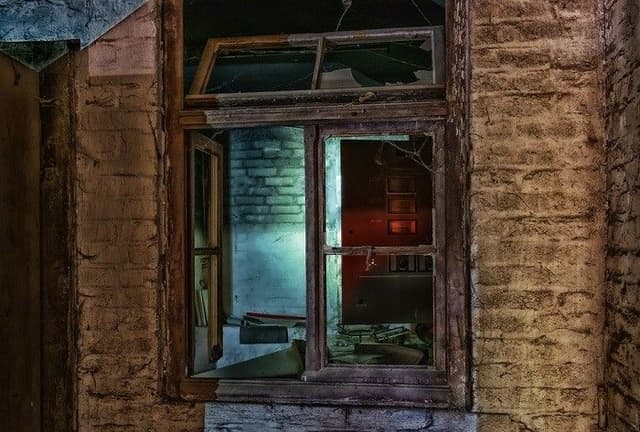
With Cape Town water restrictions still a major concern, now is a better time than ever to make sure that your short term vacation let property is water wise. Many experts have stated that we have a v...
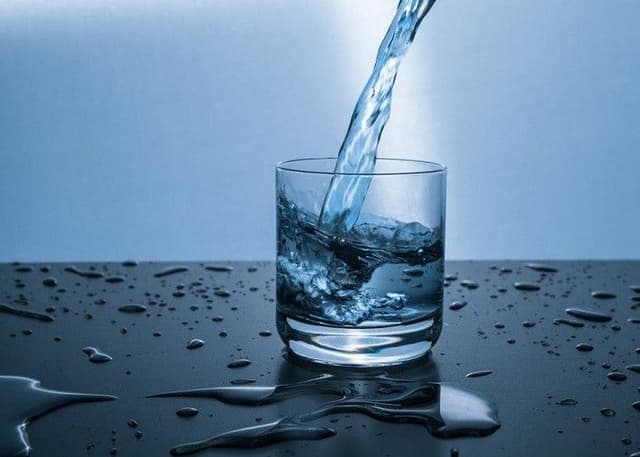
How much privacy can guests expect at your vacation letting property? Do you have the right to use hidden cameras in your property? Where do you draw the line between security and privacy? If you have...
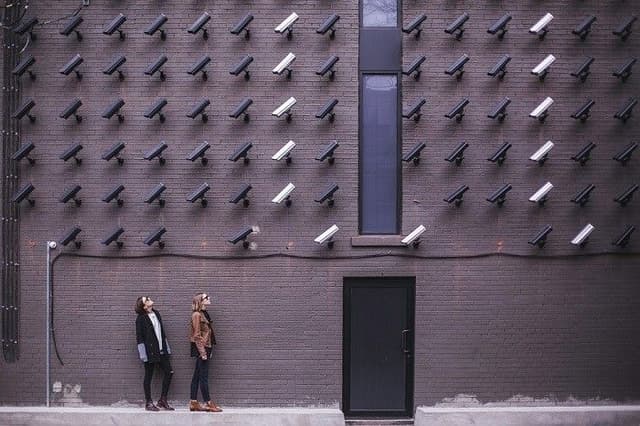
Should you be listing your property on as many accommodation booking sites as possible, or is it best to stick to just one? Although more platforms does not always automatically mean a greater chance ...

The very first introduction that potential guests have to your property is your vacation rental description. This is where guests are able to find important details about your property – where it is l...

Although no short term vacation rental owner likes to think of disaster, it is impossible to avoid completely. In the last week, South Africa has experienced two major storms, in Johannesburg and Durb...
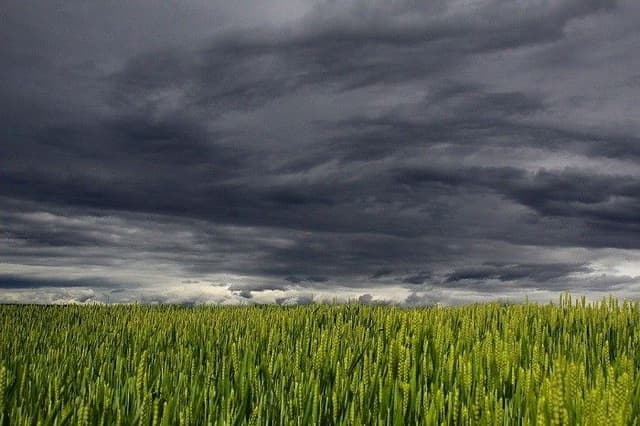
Wondering how to take your short term rental from one star to five stars? For most short term rental owners, ratings are a valuable tool that can help to grow your reputation, attract guests and ultim...

With the year-end festive season just a short while away, you may be wondering how you as a short term letting host can prepare for the influx of travellers. Being a short term rental host is never as...

Short term vacation letting policies are important for both hosts and guests. When many new hosts first begin renting out their property to guests, they are so focused on the guest experience and book...

What is the most important thing for guests who stay at your short term holiday let? Is it the location of your rental? Is it the swimming pool? Is it the design, perhaps? Or maybe the garden? If you ...
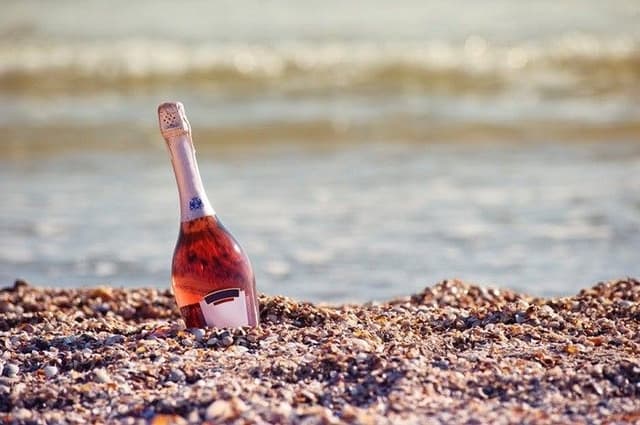
When you hear about short term rental marketing, you may assume that it is just another phrase for listing your property. In reality however, there is a lot more to marketing than simply creating a li...

Business travel makes up a significant travel niche around the world. Here in Cape Town, South Africa, business travellers may not be as large a group as leisure travellers, but they still account for...

There are many different types of short term vacation rental guest. From business travellers in search of modern, well-positioned rentals, all the way to large groups, small groups, solo travellers an...
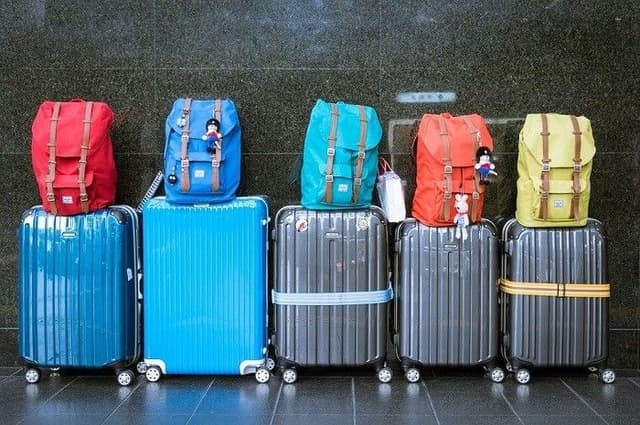
What makes certain holiday rental listings so popular? Why is it that some listings seem to get lost in a sea of similar listings, while others stand out like a sore thumb? As any holiday rental owner...

Short term rental styling plays a vital part of your success in the holiday letting game. As tools such as Airbnb continue to grow, more people than ever before are letting out their property to guest...
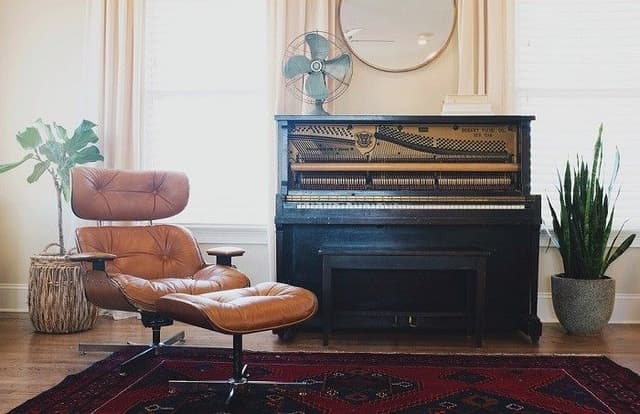
Not too long ago, we shared some tips on essential holiday apartment features that add value to your offering. Today, we have some tips on the features that can put guests off when browsing listings. ...

Not too long ago, we heard an interesting question on how a new short term rental host could protect themselves against risks such as theft, damage and other issues. We have written about how to prote...
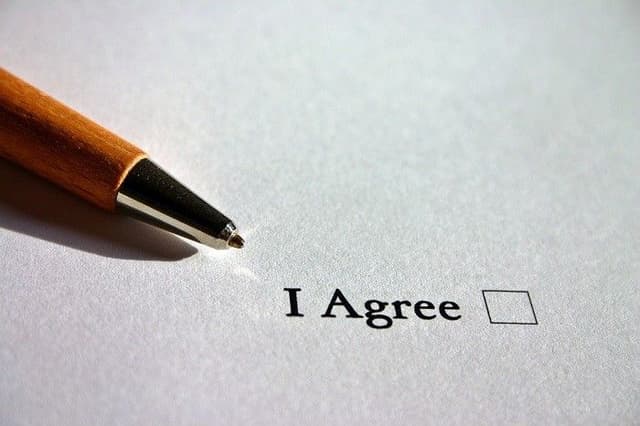
If you had not already heard or read in the news, Level 5 Cape Town water restrictions 2017 are here. As of 3 September 2017, the City of Cape Town implemented the toughest restrictions yet. With the ...
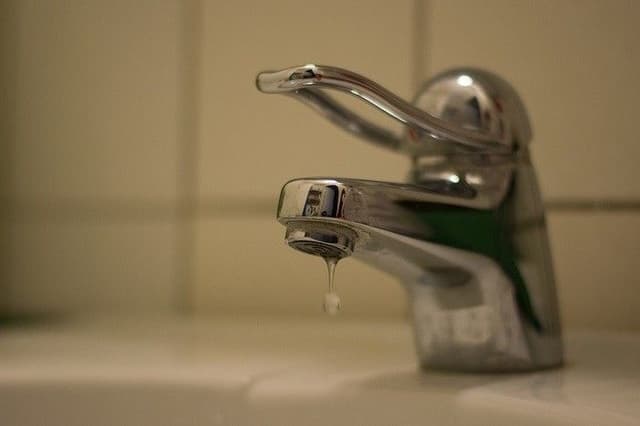
Thinking about buying holiday property? There are many things to consider when making your selection, from location to property type. With so many mistakes to avoid when buying a holiday let, it can b...
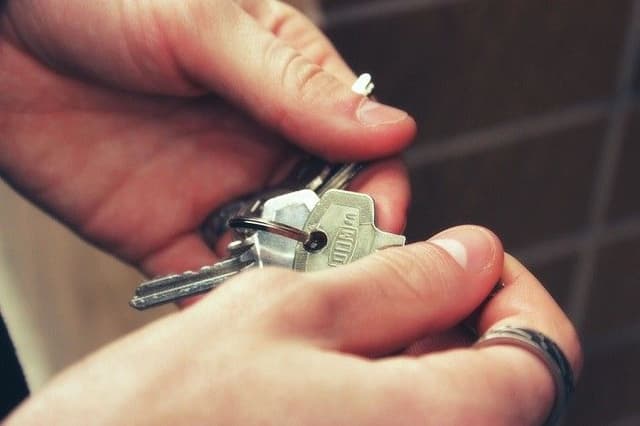
On social media, Airbnb hosting often appears to be a fun way to meet people from all over the world. Many people make the decision to rent out a spare room and bring in extra cash in the process. Alt...
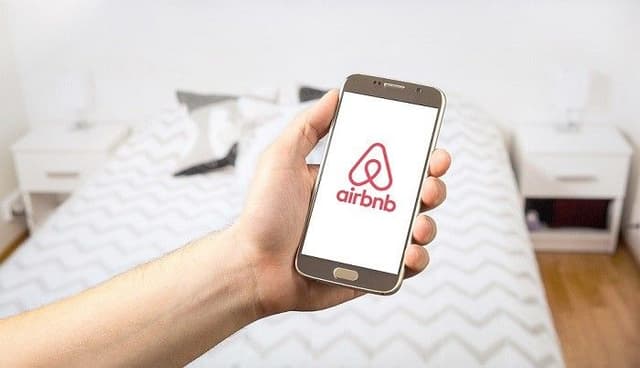
Wondering how to create enticing holiday accommodation packages for your short term rental? Upselling is a smart strategy that allows you to 'sell' additional services that add value to your guests. W...
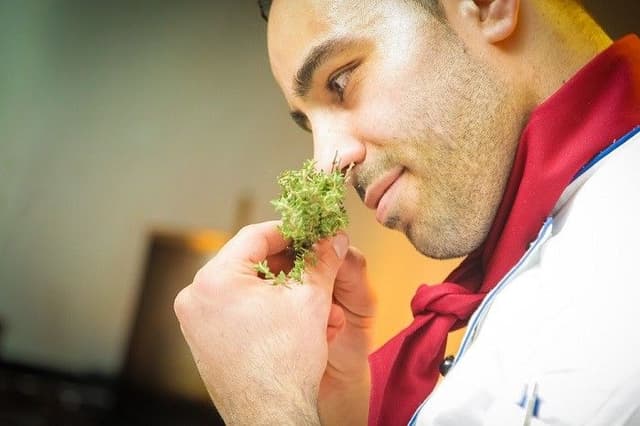
The peak season is just around the corner, which means that short term accommodation rental will be in high demand here in Cape Town. Is your rental equipped for the upcoming summer season? If not, wh...
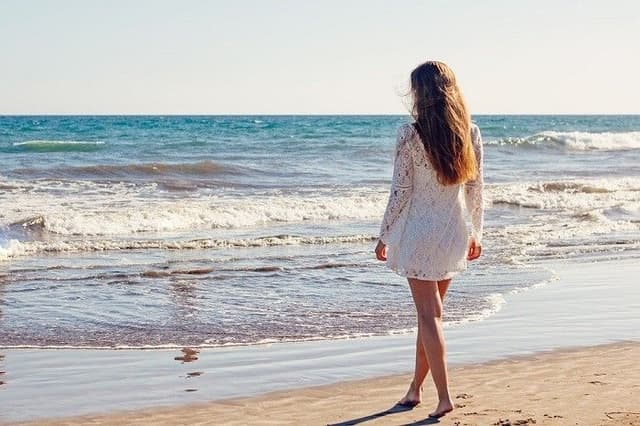
Which features are most important for guests staying at your holiday apartment rental? As anyone who has ever stayed at a holiday apartment knows, it is often the small touches that have the most impa...
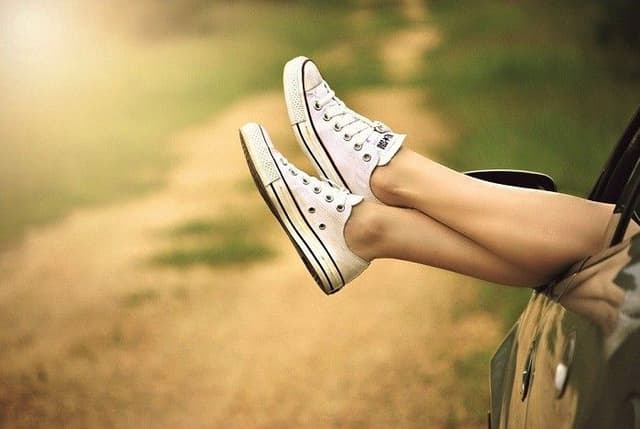
In a perfect world, you should never have to turn down villa bookings. More bookings is good when it comes to short term rentals, aren't they? Although in theory you should enjoy a high booking rate, ...

Every owner hopes to increase their holiday home booking rates. How you go about getting more bookings can make all the difference between a successful short term let and a less than successful one ho...
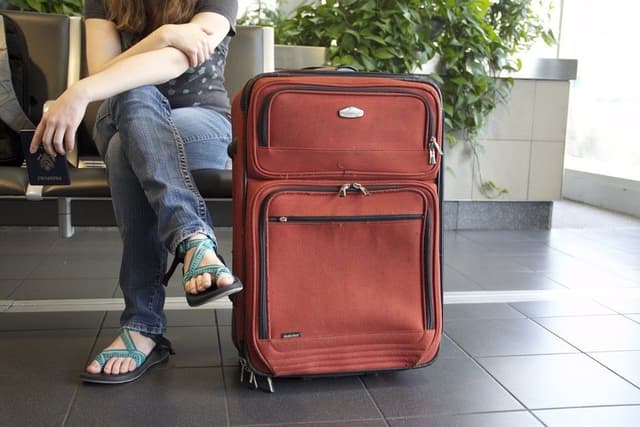
When it comes to self catering apartments that cater to honeymooning couples, luxury goes hand in hand with convenience and romance. Unlike a short term rental prepared for business travellers, a rent...
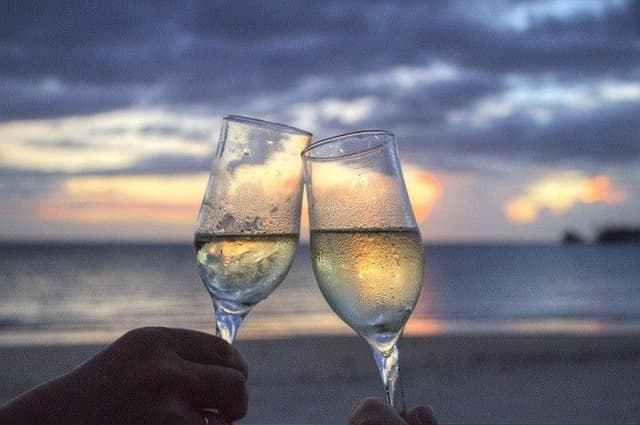
In a destination with a high tourism rate, it is easy to market private holiday lets. True or false? How accurate this statement is comes down to how you position your let. The trouble with high touri...

Should you try vacation rental management software to help you manage your short term rental, or is it better to invest in a professional, dedicated short term rental manager instead? As the demand fo...

Is it worth thinking about allowing pets at your short term property let? There is no doubt that pet-friendly travel is on the rise all over the world. Those in favour of this move cite a number of be...

We have shared some tips on how to avoid holiday rental scams, but there is one potential short term letting scam that has been getting a lot of press recently. Last month, the Telegraph reported that...

Are you marketing your short term holiday let to baby boomers? If not, you are missing out on a large established group that often has travel budgets to spend in their so-called golden years. In addit...
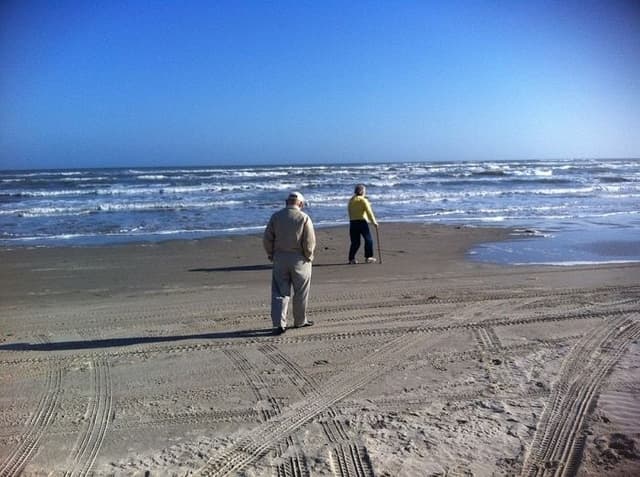
Every single short term letting property owner will receive a few strange requests at some point or another. Whether it is something relatively reasonable, such as early check in or late arrivals, or ...
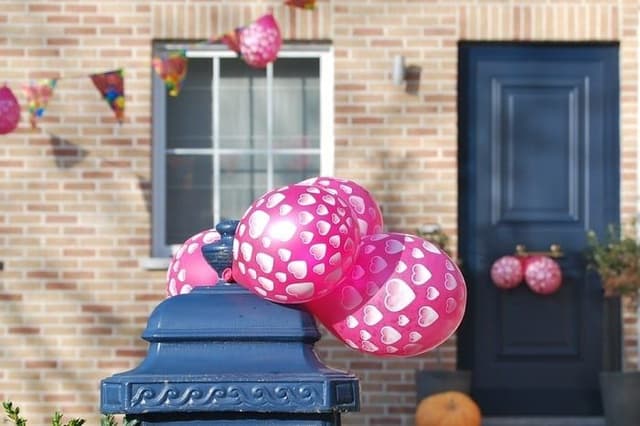
One of the most frustrating holiday rental management issues to deal with is last minute cancellations. When bookings are cancelled a day or two before guests were scheduled to arrive, it means that i...

Avoiding short term rental scams is more important than every before, which is why you need to be extra careful when selecting any holiday rental listing site. Whether you are new to short term rental...

You've heard plenty of reasons on why it's a good idea to consider short term vacation letting property. What about reasons to not invest? It may sound strange, but with the growing trend in short ter...
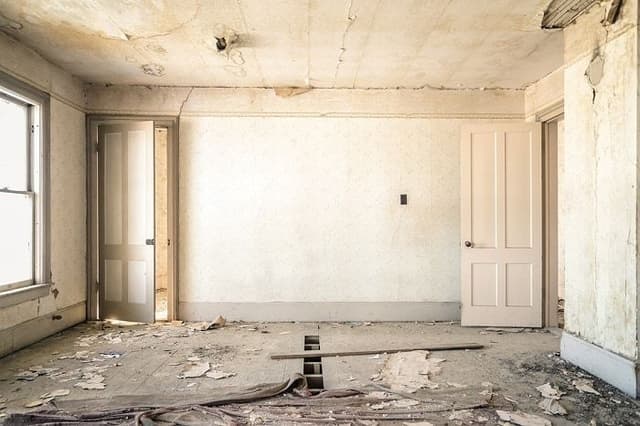
With Level 5 water restrictions in place in Cape Town, it is more important than ever before to have a short term holiday letting property that is water wise. As we head deeper into winter here in the...
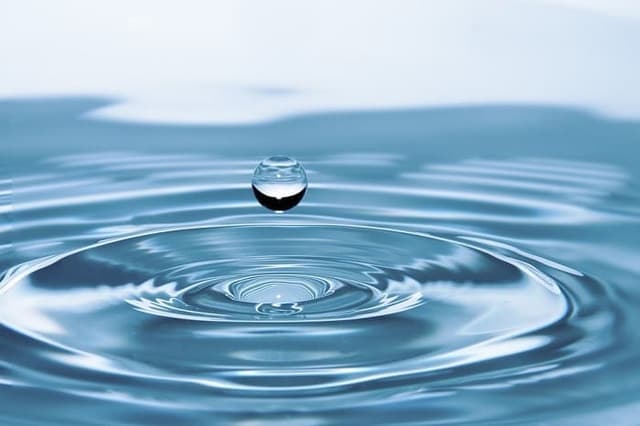
While your short term holiday property will likely not be able to cater to absolutely every single guest, it is still important to keep your differently abled guests in mind. Whether that means having...
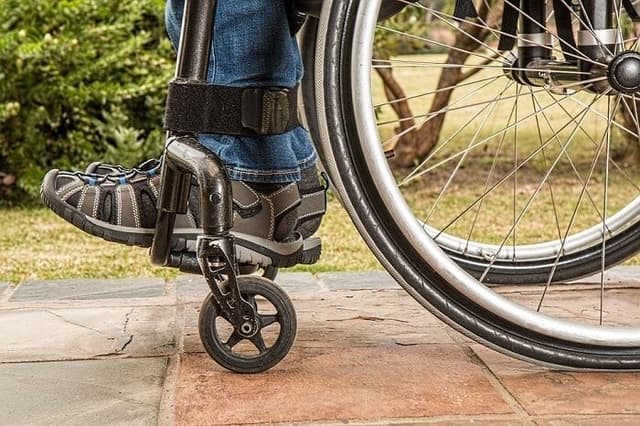
Not too long ago, we shared some tips on how short term vacation letting owners can deal with problem guests. This article offered some insight into how to deal with potential issues that may arise. B...

Short term holiday letting house rules are often treated as a last minute addition, if they are considered at all. While you may be aware of holiday rental laws that apply in your area, it is also imp...
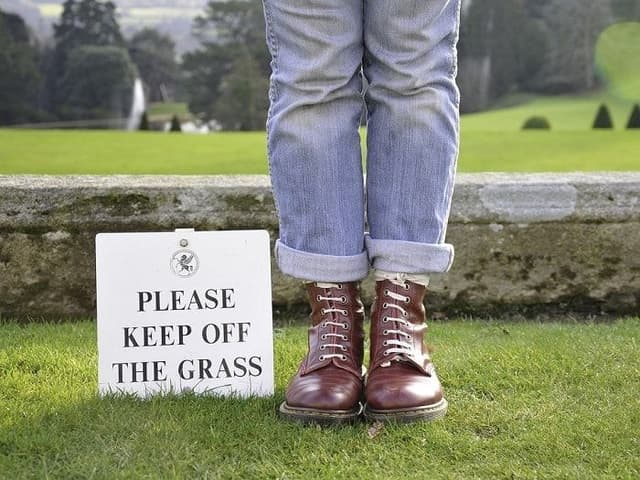
One of the many, many reasons to partner with a dedicated short term rental manager is that they provide expertly put-together short term vacation let welcome packs. Of all the things that you offer g...
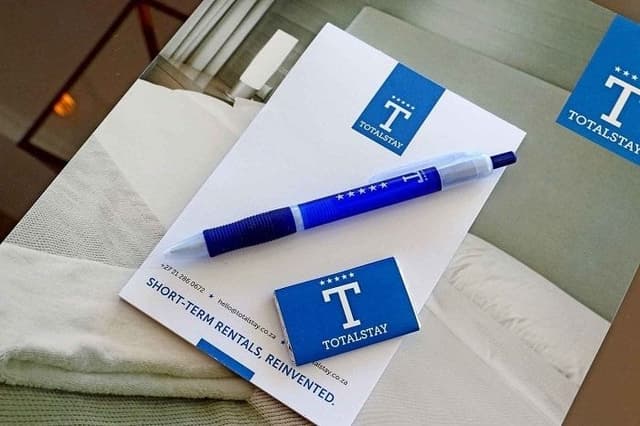
In a city such as Cape Town that is known for its varied weather conditions, it is essential to safe-guard your vacation letting property against the elements. During the winter months, storms are not...
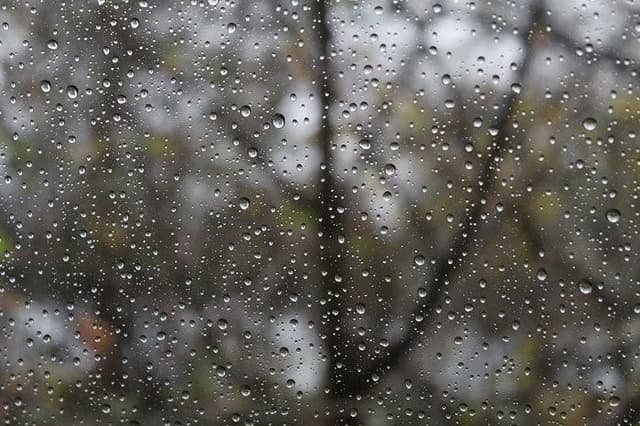
If you are new to short term rental property investment, you may be wondering which is a better choice… short term letting manager or in-house housekeeper?
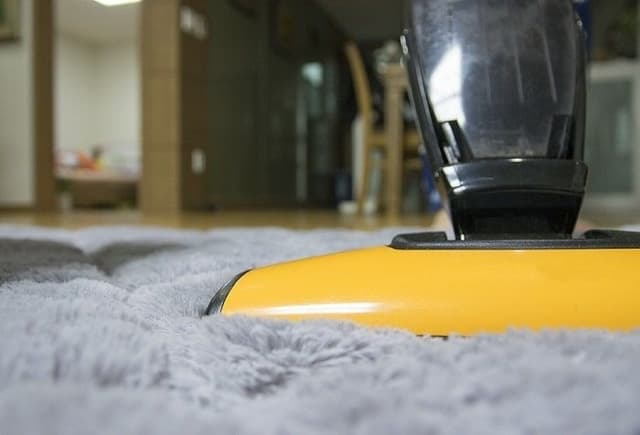
Even the smallest of details can make a difference when it comes to guests making repeat bookings at your holiday letting property. Many investment property owners focus on the basics, without conside...
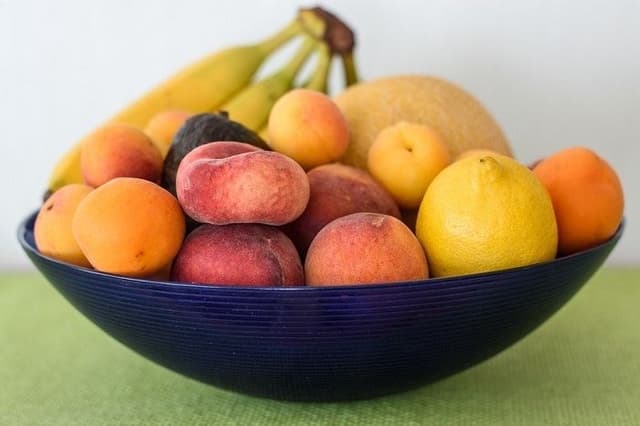
Offering the perfect blend of luxury and convenience, Boutique Retreats by Totalstay brings a whole new level of excellence to semi-catered accommodation in Cape Town. Our flagship properties offer gu...
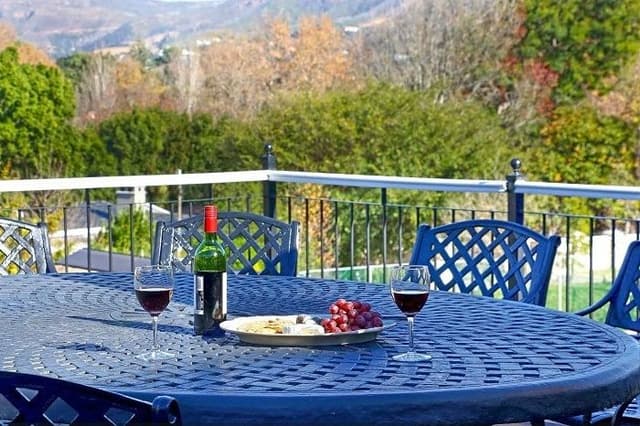
If you have been looking for holiday letting advice, one of the questions that is often asked is how to deal with late arrivals. While every rental owner hopes that guests will arrive on time, from ti...

In this guide to vacation rental features, we will be going from room to room to help you determine the best features to include in your rental. From bedrooms to bathrooms, kitchens, living rooms, ent...
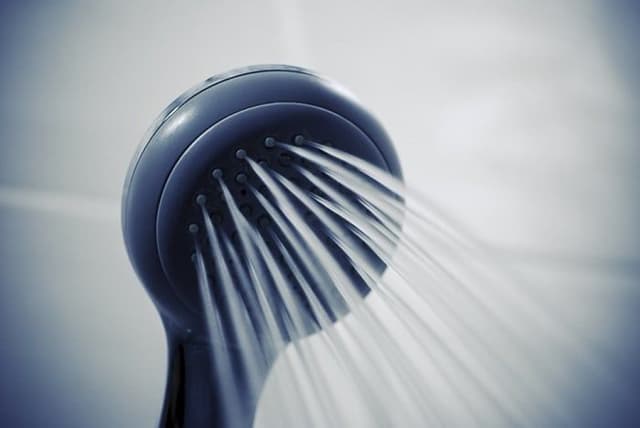
In this guide to vacation rental features, we will be going from room to room to help you determine the best features to include in your rental. From bedrooms to bathrooms, kitchens, living rooms, ent...

In this guide to vacation rental features, we will be going from room to room to help you determine the best features to include in your rental. From bedrooms to bathrooms, kitchens, living rooms, ent...
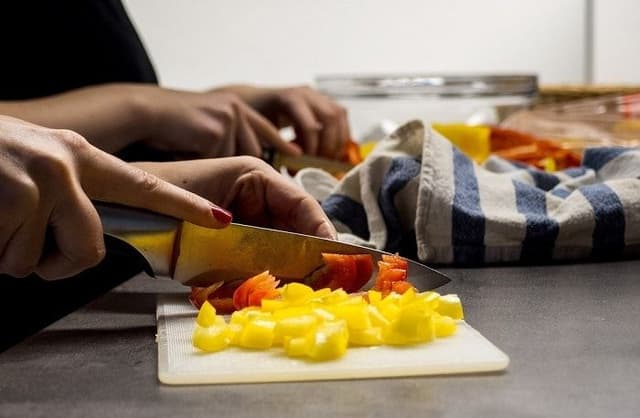
In this guide to vacation rental features, we will be going from room to room to help you determine the best features to include in your rental. From bedrooms to bathrooms, kitchens, living rooms, ent...
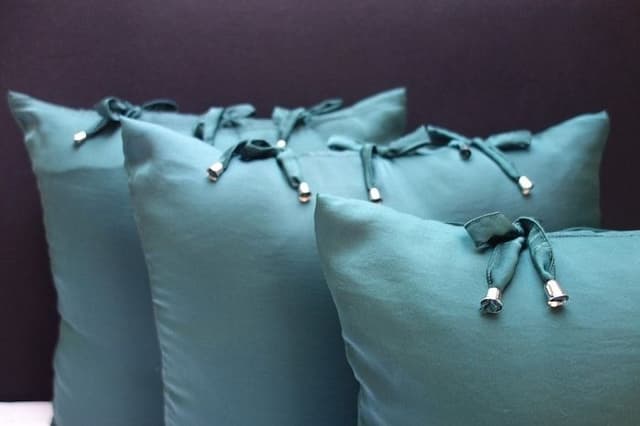
Whether you are preparing for low season, or enjoying the peak bookings of high season, your short term holiday rental needs to be as inviting as possible. Many rental owners assume that guests are de...

Is your short term vacation let geared towards millennials? If not, you may be missing out on a chance to increase your bookings and grow your reach. Comprising the segment of the population that were...
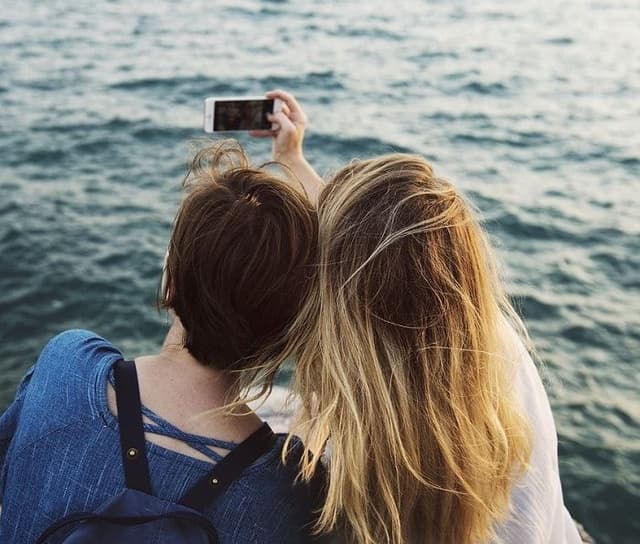
Vacation rental photography can be a make or break factor for any short term rental owner. Done right, short term rental photographs are a powerful tool that provide a visual introduction to your prop...

Vacation letting guest communication is something that can make all the difference between a glowing review and an average review. Despite the many advantages of improved guest communication, many ren...

Winter is on its way, whether your holiday rental property is ready or not. For those travelling during winter, the off-season brings lower travel prices for flights as well as accommodation. In South...
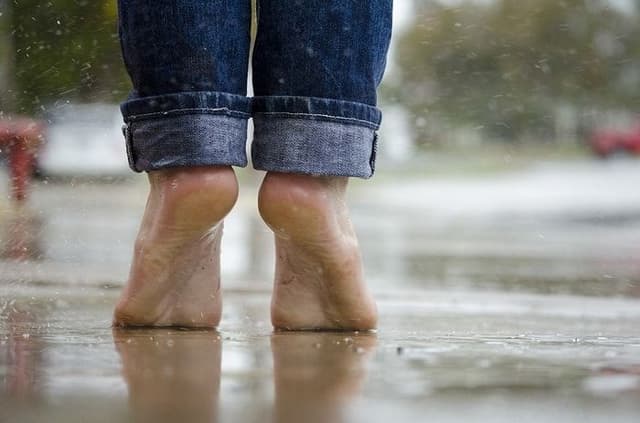
A huge part of vacation letting comes down to avoiding complaints. While you may think that your rental has what it takes to make guests happy, it just takes one bad experience for a poor review to ru...

While guests notice indoor elements, outdoor areas can be a make or break factor when it comes to vacation rental. For many leisure travel guests, vacations are all about relaxing and enjoying some mu...
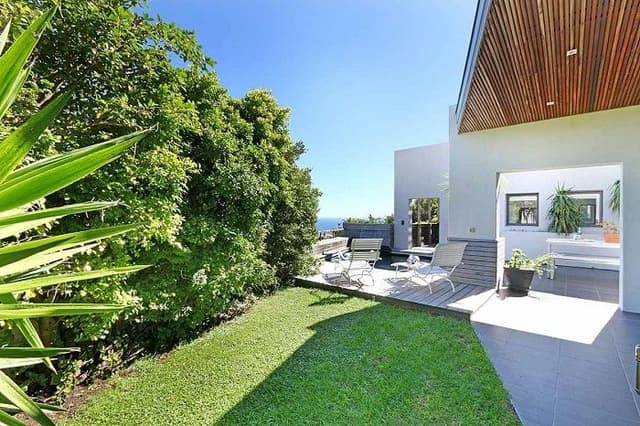
While some may consider vacation house rental to be more of a hobby, smart owners know that their rentals have the potential to act just like a small business. If you're renting out a spare room for e...

Just how safe is your vacation home rental? If you assumed that it was safe, purely because there are no obvious safety hazards that you can see, it may be time to take a good, hard look at your prope...

If you are aiming to position your holiday rental investment for the luxury travel market, the first step is creating an experience that guests will remember for all the right reasons. Many guesthouse...
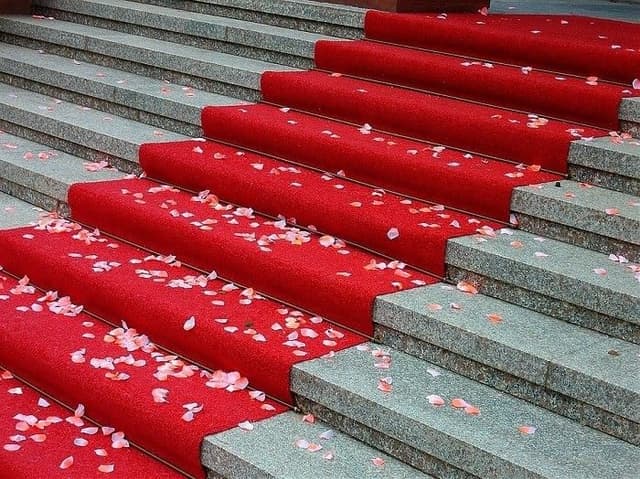
Vacation rental listings play a vital role in your booking success. A good listing has the power not only to bring in more bookings, but also to increase your overall reputation. Despite the obvious i...

You may assume that the most important thing to provide guests when running a holiday let is a swimming pool. You might even think that a full breakfast can make or break a booking, or that luxurious ...

You may assume that smaller short term rental properties do not perform as well as larger properties. In reality, both small and larger rentals have plenty to offer potential guests. The secret to suc...
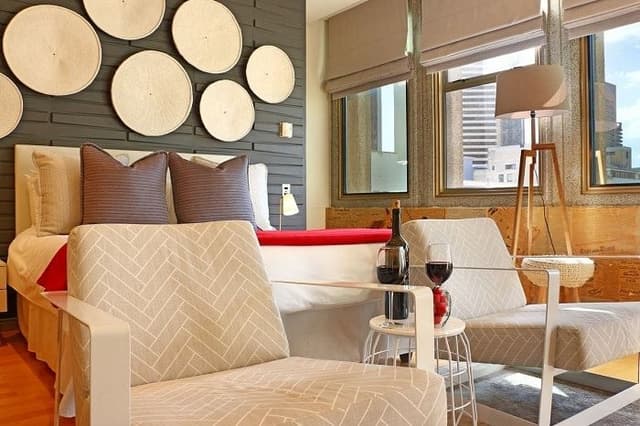
Extended stays can be extremely valuable for holiday home rental owners. Instead of booking for one or two nights, guests who are seeking to extend their stay will typically stay a few weeks or even a...
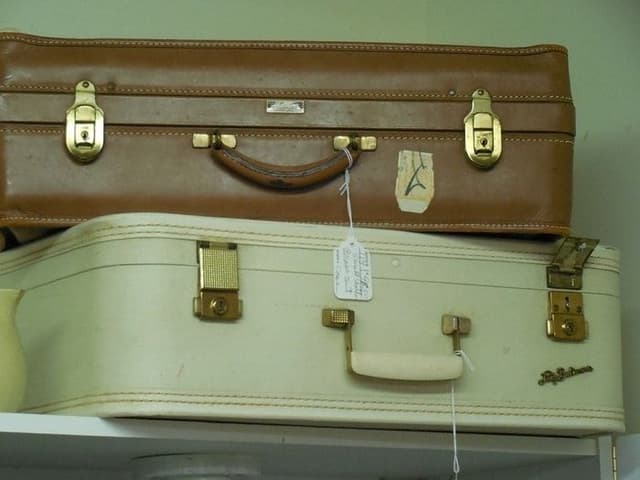
Choosing the right vacation rental manager can be challenging. How do you know whether you can trust prospective managers to have your best interests at heart? And, more importantly, how can you be su...

One of the things that has helped to shape the vacation rental investment industry is instant booking. This feature was first used on Airbnb listings. Now, it is common on almost every listing platfor...

Serviced apartments offer the best of self-catered and catered accommodation. This type of accommodation includes aparthotels as well as catered apartments of various sizes. If you have been consideri...
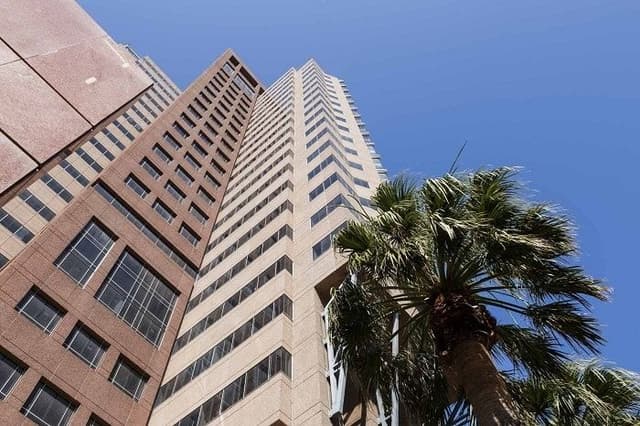
If you have been dreaming about a guest house business, you may be thinking that it would be an easy way to bring in extra money each month. Although you certainly can make a profit with short term re...
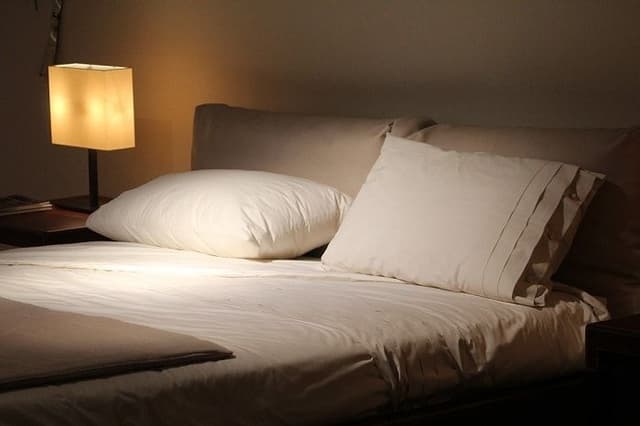
With the limitations on natural resources, it has become more important than ever to work towards a sustainable, environmentally friendly vacation let. To use a local example here in South Africa, the...
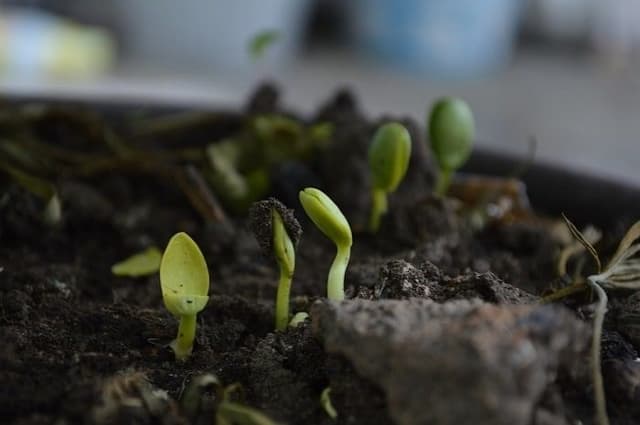
We have featured some tips on how to handle poor reviews, but what about the things that you absolutely should never do when responding to holiday let reviews? When you see someone telling the world t...

Buying a holiday let is exciting and daunting, often at the same time. On one hand, you will have the chance to enter the lucrative short term rentals market in cities such as Cape Town. On the other ...
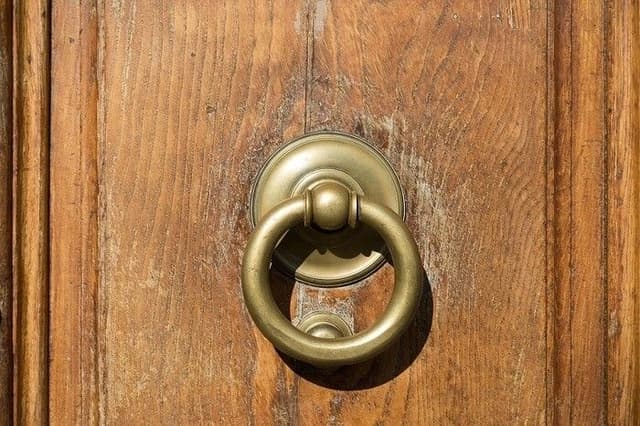
If you have been thinking about buying an investment property, you may already have a few expectations. As platforms such as Airbnb grow, it's hard not to find success stories from people who have ear...
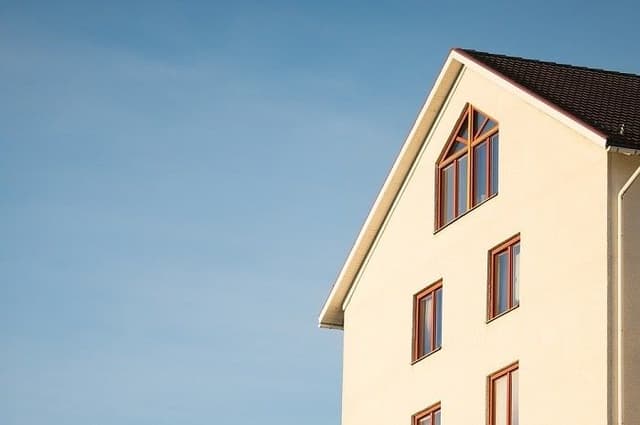
A huge part of success in the vacation rental property investment arena is knowing how to meet the demands of the travel market. While some property owners prefer to take a catch all approach, offerin...

Situated between Sea Point and Clifton, Bantry Bay offers a lucrative short term let investment choice for those wanting to invest in Cape Town's Atlantic Seaboard. This affluent suburb has become one...
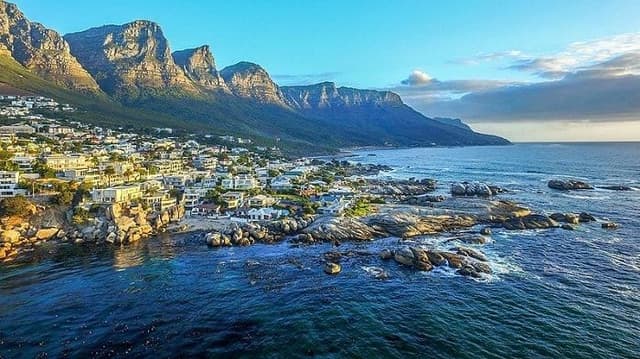
Making up a small but significant niche within the broader business travel market, team building groups often require vacation house rentals that offer more privacy and flexibility than traditional ho...

Many people who are considering holiday home investment will at some point come across an affordable older property that looks like it has plenty of potential. These fixer uppers could be properties t...
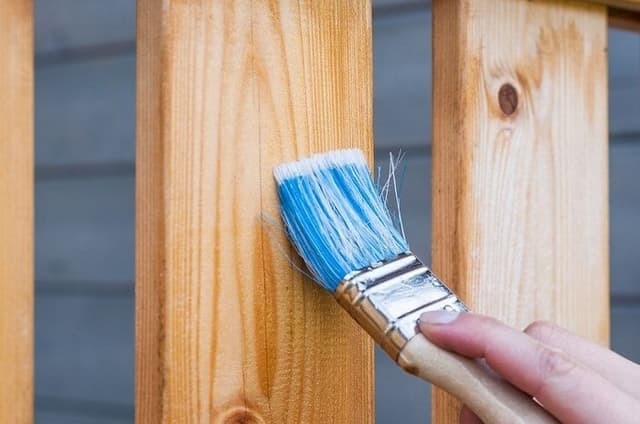
We have shared some tips on how to handle poor reviews, but what about avoiding vacation letting complaints altogether? Obviously, it is impossible to completely avoid any complaints. In some cases, c...

While there are a number of renovations that help increase the value of your holiday rental, what about smaller short term rental investment upgrades? Today's guest is typically well-travelled, with a...

With winter nearly here in Cape Town, many short term let owners are wondering how to prepare for the upcoming low season. Here in South Africa's Mother City, summer is the busiest time of year. Over ...

Reviews are the lifeblood of every short term let. Poor reviews can have devastating effects on your booking rates, while positive reviews can often be the make or break factor when prospective guests...

Choosing a vacation rental management service is every bit as important as choosing the right school for your child, the right doctor for your health and the right partner for your business. Essential...

Repeat business is good for every industry, and the investor property industry is no exception. When it comes to holiday rentals, loyalty is everything. Many guests feel more comfortable staying somew...
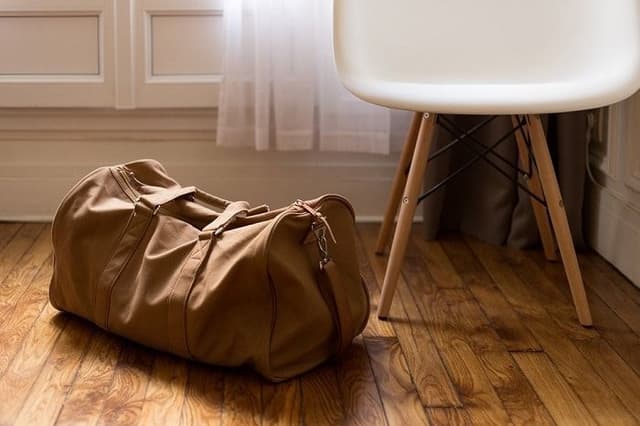
If you have every daydreamed about getting into holiday rental property investment, a question that will no doubt arise is where to buy a beach house. Here in Cape Town, South Africa, beach houses are...
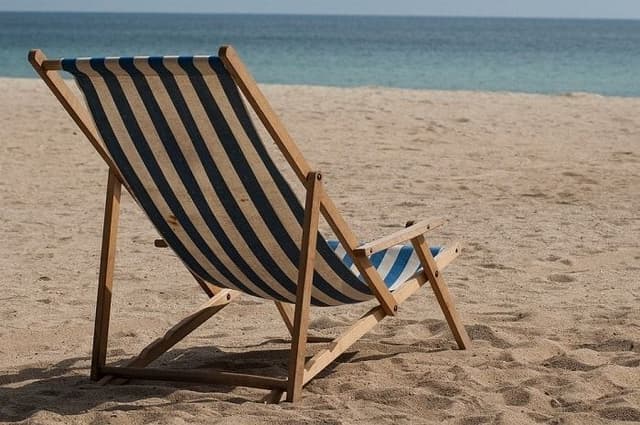
Just as photography plays a vital role in holiday lest investment marketing success, so too do your listings. Holiday rental listings work hand in hand with your images to help encourage enquiries and...

There is no doubt that keeping your guests safe is an integral part of the vacation let investment process. But over and beyond basic steps that you will need to take to provide a safe, welcoming envi...
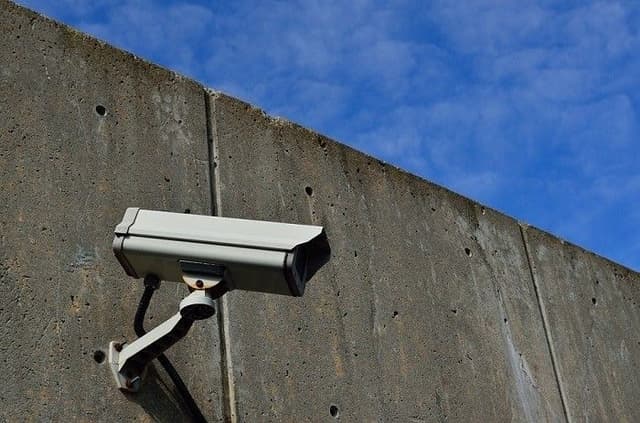
For any would-be property investor searching for vacation rental tips, the short term rental market can seem overwhelmingly crowded at times. Just about everyone is sharing advice on how to increase b...
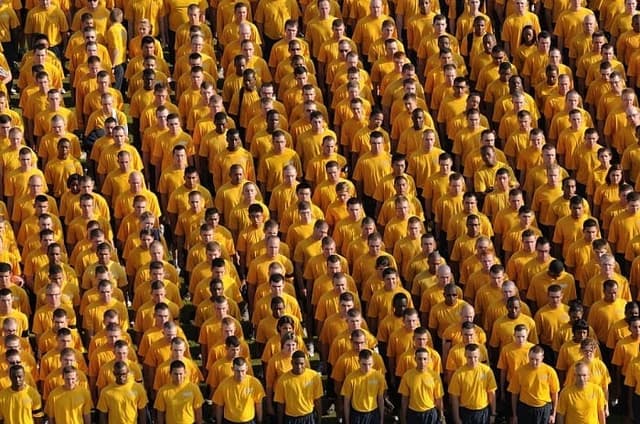
If you have a vacation rental property, you need vacation rental rules. It is that simple. Many would-be investors enter the market with daydreams about huge profits, fully booked rentals and the chan...

One of the most untapped travel groups to focus your holiday rental marketing efforts on, the niche travel sector offers a number of opportunities for short term rental investors. In the 5th edition o...
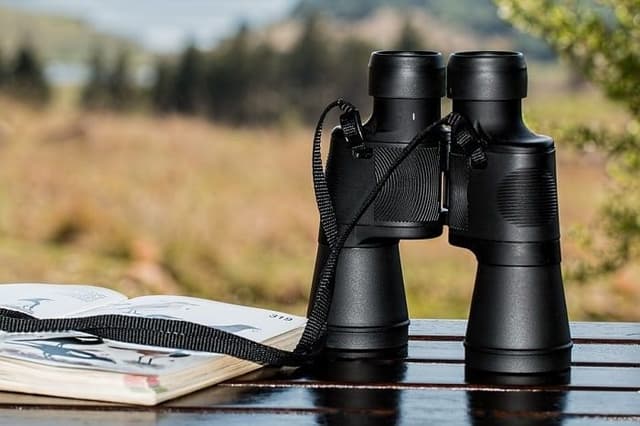
Ask an experienced investor for vacation rental advice on how to approach negative reviews, and you could get any number of answers. Every rental owner has their own system for handling bad reviews. W...

If you are thinking about buying vacation rental property, choosing the right area is hugely important. One of the areas that continues to attract large numbers of leisure and business travellers is G...
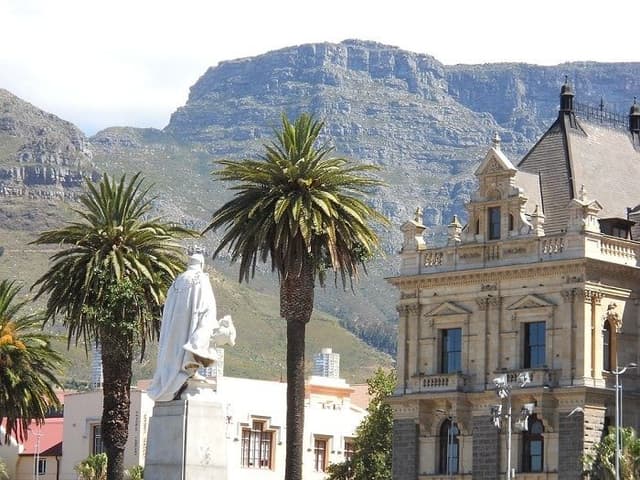
In the vacation home investment business, reputation is critical. As a new investor, your reputation is something that develops over time. The most effective way to establish a reputation that keeps o...
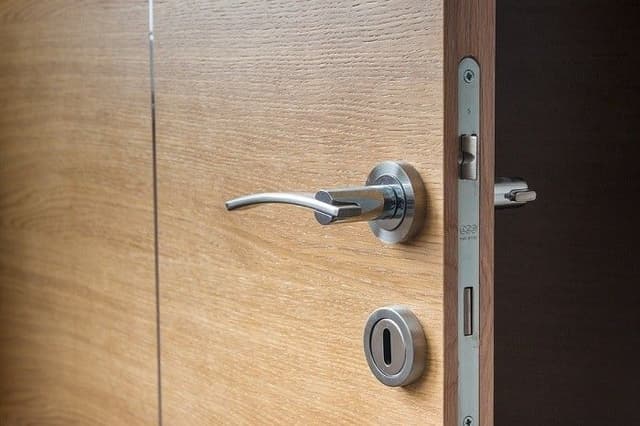
Every investor will receive plenty of holiday letting advice when entering the short term rental space, from property managers, well-meaning (but not always clued-up) people who have dabbled in proper...
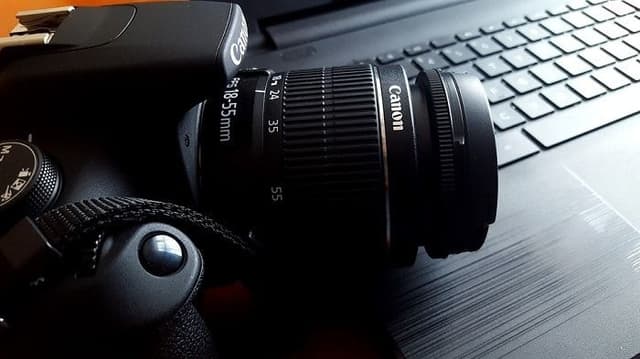
If you have ever daydreamed about purchasing a beach house investment and quitting your job, you may be thinking of the ultimate payout without taking any of the hidden costs into account. As the holi...

One of the most exclusive suburbs on the Atlantic Seaboard, Fresnaye is home to some of the most sought-after holiday investment properties in Cape Town. The suburb lies between Signal Hill and Sea Po...
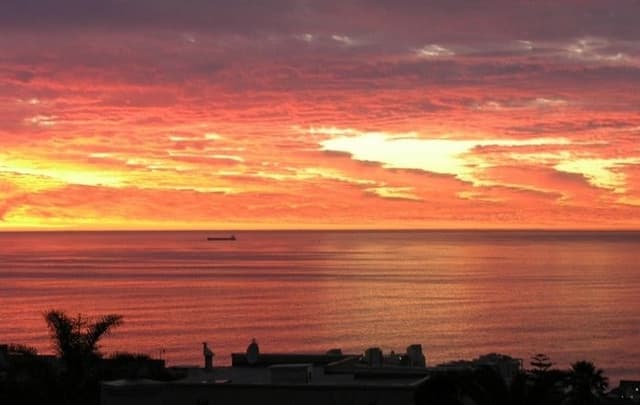
Whether planning for Valentine's Day, or honeymoon, beach rental marketing is key to targeting couples. Romantic travel makes up a small but significant portion of the leisure travel market. Including...

As online bookings allow travellers to explore the world more easily than ever before, holiday rental scams are also on the rise. These scams are clever enough to trick many unsuspecting families and ...

Unlike couples and single travellers, large travel groups make up a very unique portion of the overall holiday letting travel market. Large groups can be found in both leisure and corporate sectors. T...
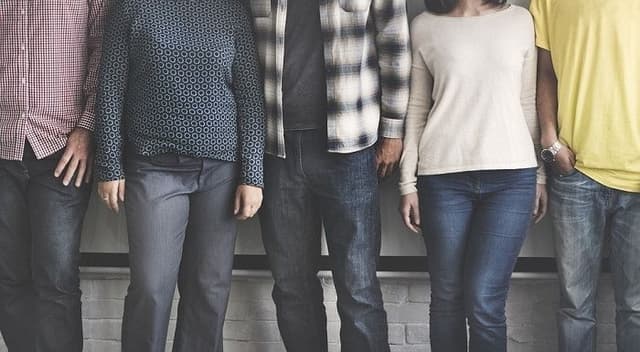
Why should you buy vacation rental in Bakoven? For investors seeking a highly exclusive area with plenty of potential for vacation rental income, this Cape Town suburb is well worth a thought. Situate...
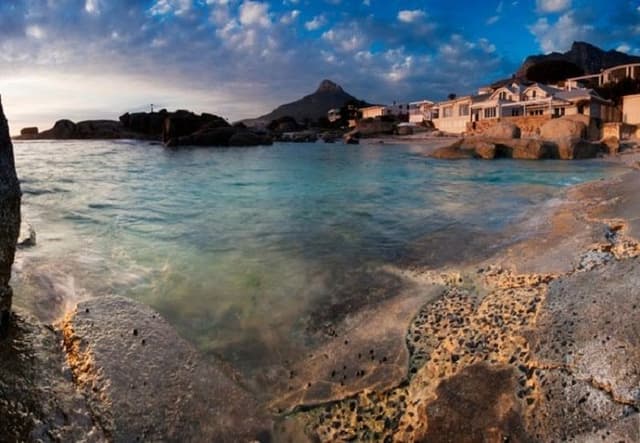
If you are thinking about investing in vacation rentals, is it worthwhile looking outside of major urban centres? This question is one that many budding investors need to ask at some point. Choosing t...
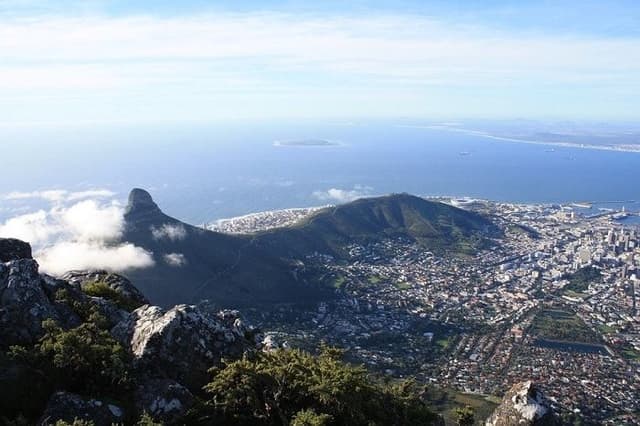
For those entering the short term property investment space, the expectation of holiday rental management is seldom the same as the reality. Many new investors make the assumption that management is o...
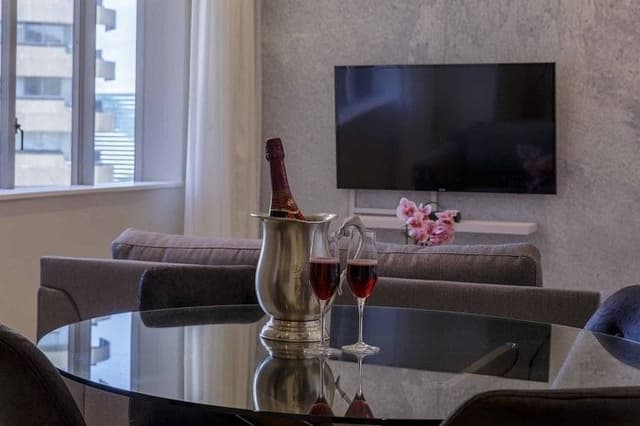
Dealing with problem guests is a side of holiday rental management that is often difficult to talk about. Guests are the lifeblood of the hospitality industry, and while the majority of interactions d...
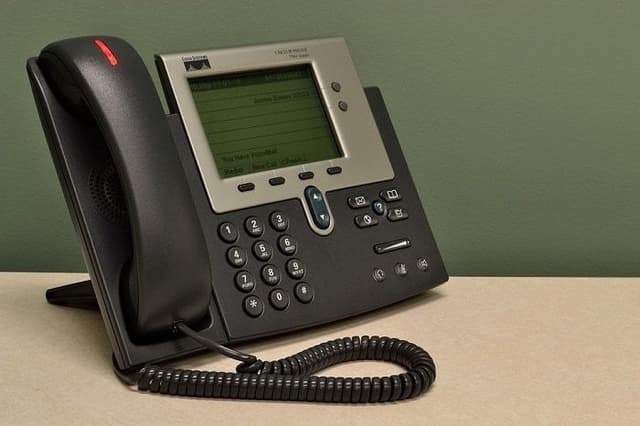
If you have been thinking about buying investment property in the Cape Town CBD, the Bo Kaap may just be an area worth considering. Famous for its brightly coloured cottages, steep cobbled streets and...
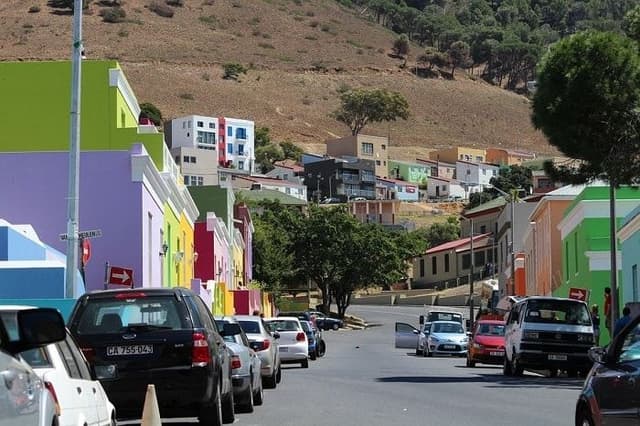
Buying holiday rental property can be an excellent investment, especially in popular travel areas such as Cape Town. Unlike long term rentals, short term rentals have a number of unique advantages, ch...
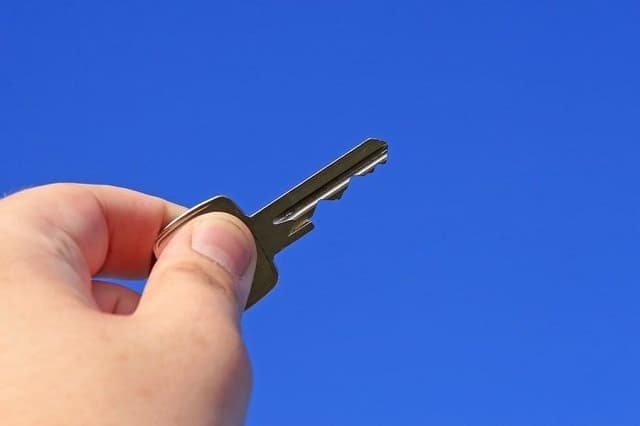
Just about every property investor will have their own opinion on the best places to buy vacation rental property in Cape Town. Depending on who you speak to, some may tell you that places such as Cam...

If you're constantly finding yourself with an empty apartment or villa, these vacation rental marketing tips may just help you get the bookings you need to succeed. For many new short term property in...

We've spoken about the dangers of self-managed rentals, but as far as investments go, is professional managed vacation rentals really your best bet? The short answer is a resounding yes. Countless pro...

Preparing for holiday rentals is an essential step for anyone considering beach rental investment property. Over and beyond making sure that your property is suitably furnished, you will also need to ...
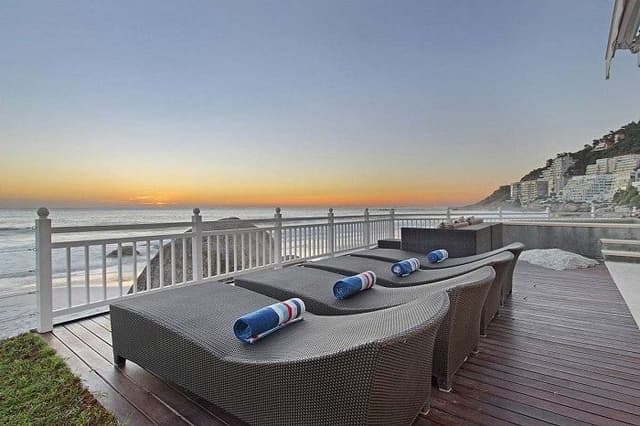
De Waterkant offers one of the most sought-after areas for short term property investment in Cape Town. With its central location between the CBD and V&A Waterfront, the area has become a haven for le...
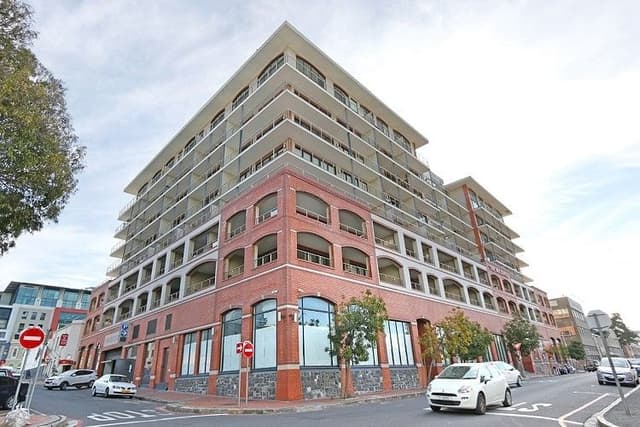
Day to day vacation rental management is something that many new property investors fail to truly understand. Far too many property owners believe that management entails bookings, enquiries and guest...

The Cape Town Inner City offers an exciting opportunity for savvy property developers planning to purchase holiday apartments. Over the years, this area has become a vibrant, up and coming hub in the ...
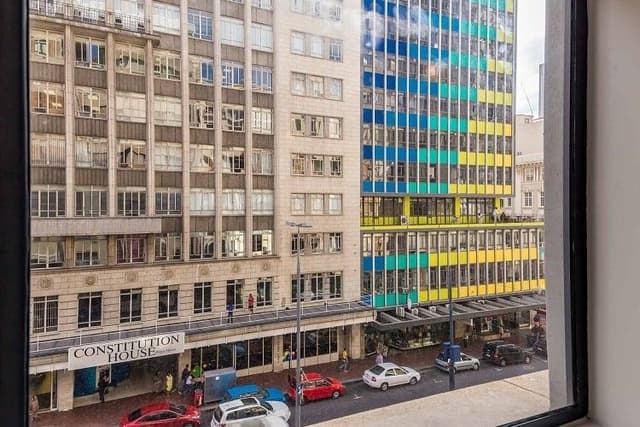
Summer holidays have arrived in Cape Town, and for property owners wanting to maximise their beach house rental bookings, it's always a good idea to ensure that rentals are child-friendly. Travel mark...

Thinking about holiday rental investment property in Higgovale? This affluent, leafy suburb lies on the slopes of Table Mountain, overlooking the city. Home to a range of beautiful houses and short te...
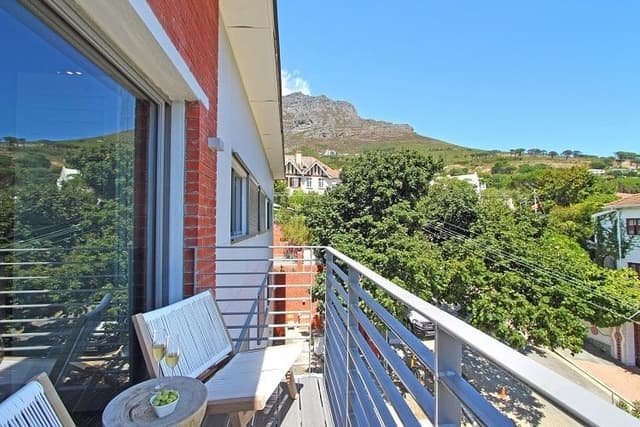
With tools such as Airbnb continuing to rise, self managed vacation property rental has become a seemingly easy way to bring in extra cash while renting out a spare bedroom. Almost everyone knows of a...
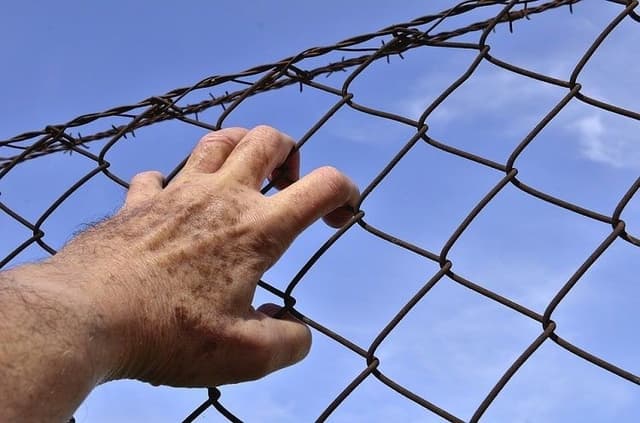
For savvy property investors, the Cape Town Foreshore offers an excellent location for vacation home investment. It's hard to believe, but many years ago, the area now known as the Foreshore was once ...
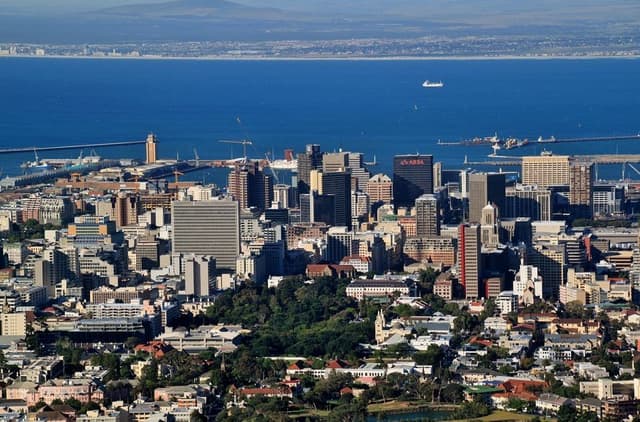
Do you know what prospective guests are looking for when they are browsing holiday homes? Many property owners who rent out apartments or villas to short term guests focus their marketing efforts on w...
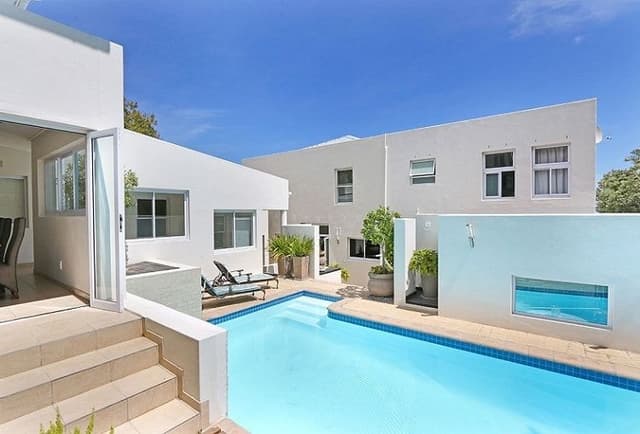
Bijoux Aparthotel by Totalstay is a brand new development based on Adderley Street, in the heart of the Cape Town CBD. Bijoux, which means 'little jewel', is certainly set to be the crowning jewel of ...
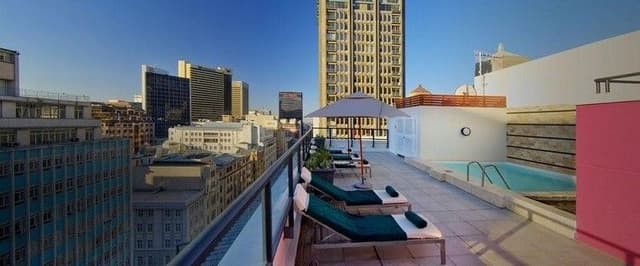
Wondering why you are not getting anywhere with beach house rental bookings? Many new property investors get frustrated at their lack of bookings. It can be incredibly challenging to put in all the ha...
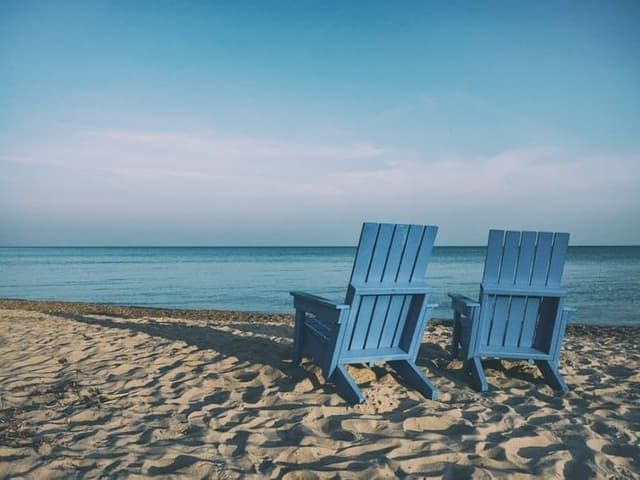
Thinking about buying a holiday let in Clifton? As one of the most affluent suburbs in Cape Town, Clifton is without a doubt the shining jewel on the Atlantic Seaboard coastline. The area is comprised...
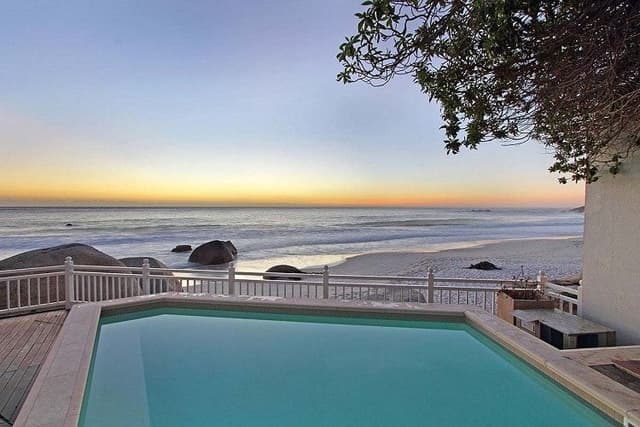
Becoming an Airbnb host is exciting, and often rewarding. For many property owners wanting to enter the short term rentals market, there is a huge deal of misconception at what the job entails. Many p...
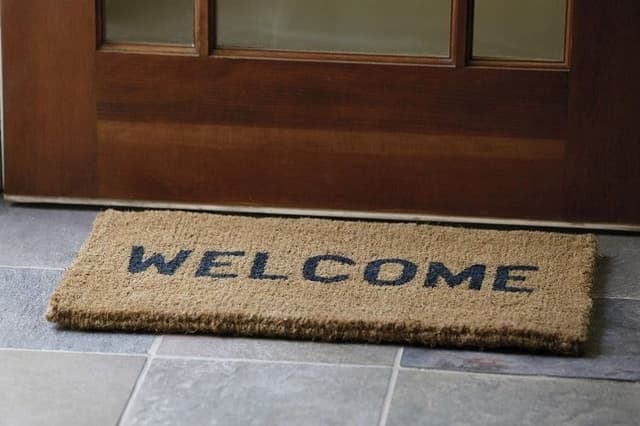
For investors thinking of buying vacation rental property in Sea Point, the suburb offers an excellent opportunity. Sea Point lies on the Atlantic Seaboard of Cape Town, nestled between the City Centr...
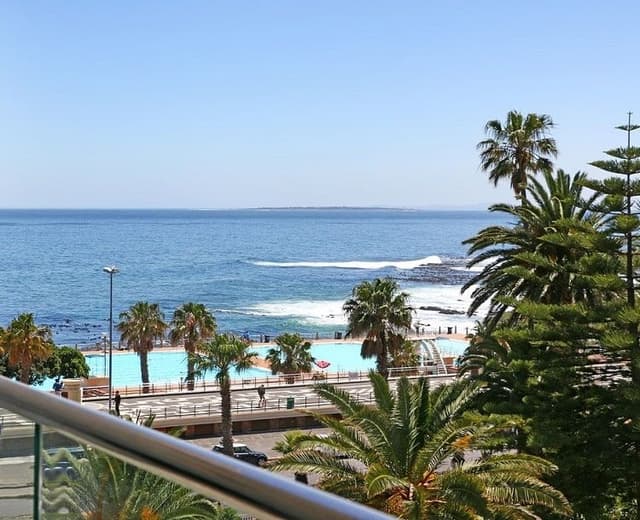
For investors considering the Atlantic Seaboard in Cape Town, Green Point offers an excellent area for vacation rental investment. This area lies between De Waterkant and Sea Point, just minutes from ...
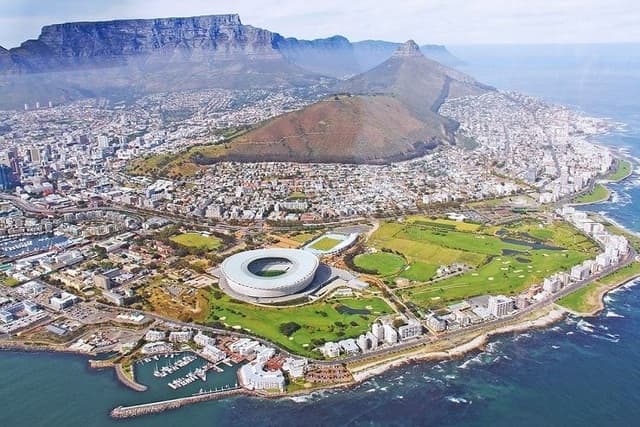
Wondering how to market your holiday let investment to honeymooners? The romantic travel market makes up a growing percentage of the overall Cape Town travel market. As the Mother City's reputation co...
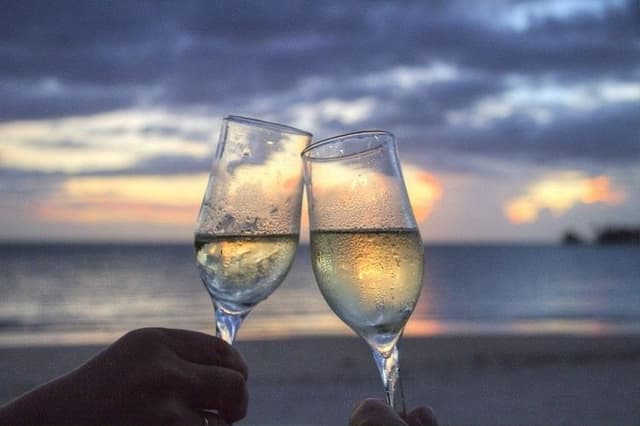
In case you've missed the news of late, Airbnb Trips recently launched in Cape Town and other major cities across the world. This feature essentially allows travellers to enjoy tours and experiences d...
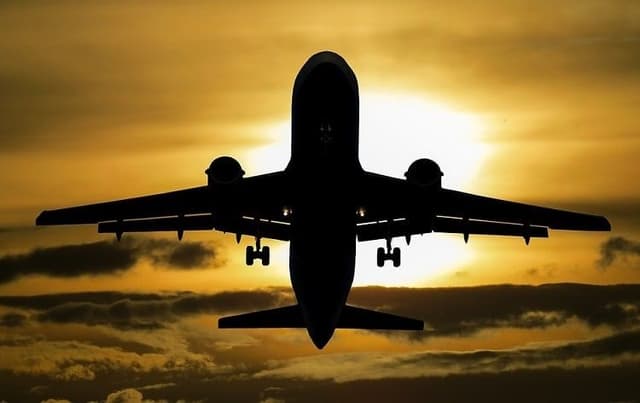
Vacation rental marketing for the family travel market differs significantly from strategies geared towards other travel markets. Within the leisure market, families comprise a somewhat diverse group ...
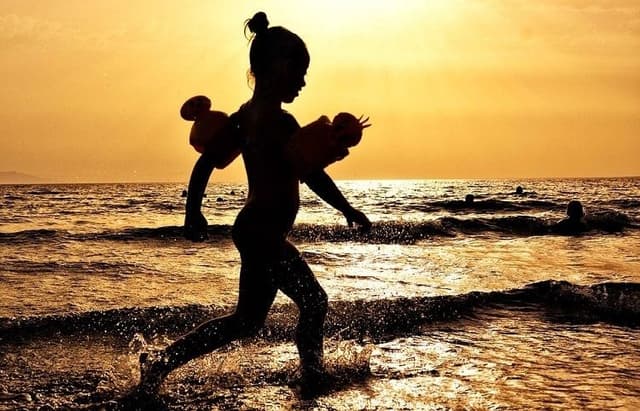
The Cape Town holiday rental investment market comprises a number of popular areas – many of which fall along the Atlantic Seaboard. This stretch of coastline includes some of the city's most exclusiv...
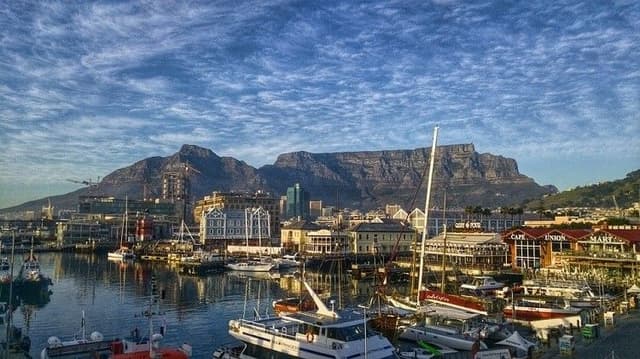
Vacation rental marketing plays a vital role in the success of any short term rental property. Without a solid plan in place, your property will not be able to compete against the many other propertie...

Thinking about investing in Camps Bay vacation villas? This area is home to some of the most sought-after holiday rentals in all of Cape Town. Situated on the Atlantic Seaboard, Camps Bay is an oasis ...
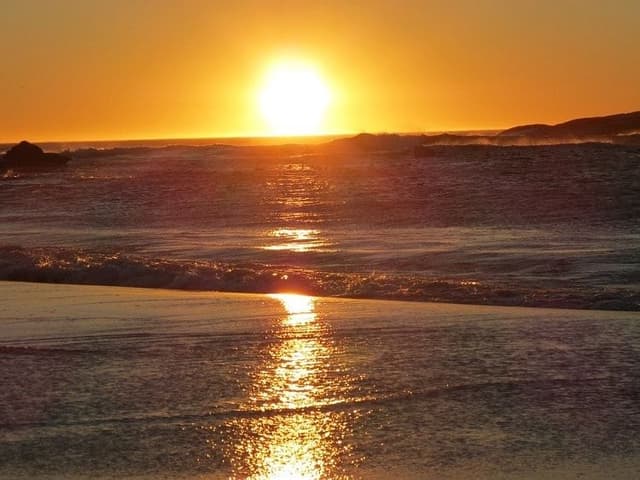
One of the concerns that many would-be investors have about short term rental property is the safety aspect. The idea of renting out space to complete strangers can be daunting at best. For those usin...

If you have been thinking about vacation house rentals as an easy way to bring in extra income, keep reading. Between Airbnb and Homestay, just about anyone can enter the short term rentals market. Ev...
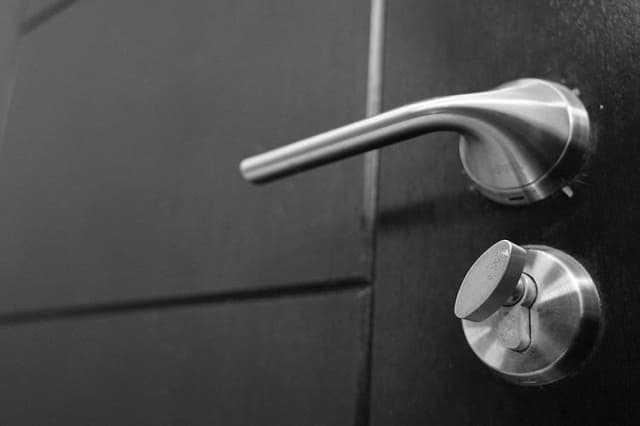
In Cape Town, beach rentals are often the most sought-after of all holiday rental properties. For both domestic and international travellers, being close to the beach is a major draw-card. Cape Town i...
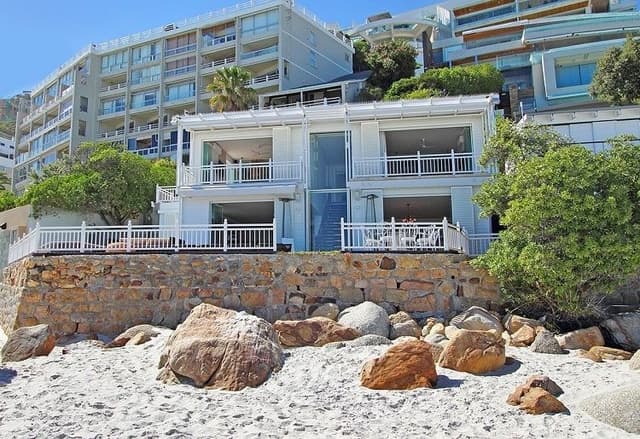
Holiday rental properties have the potential to bring in a significant income boost for investors. As a general rule of the thumb, the higher the tourism grade, the more lucrative the property becomes...
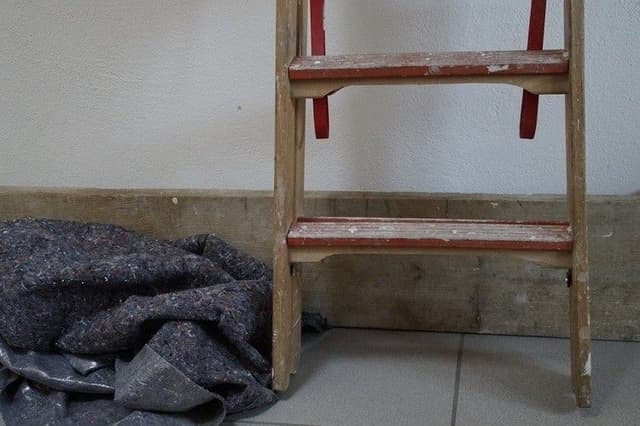
Chosen well, vacation rental properties are an excellent investment. But many new investors are in such a rush to purchase, they make decisions that are less than careful. The biggest reason for poor ...
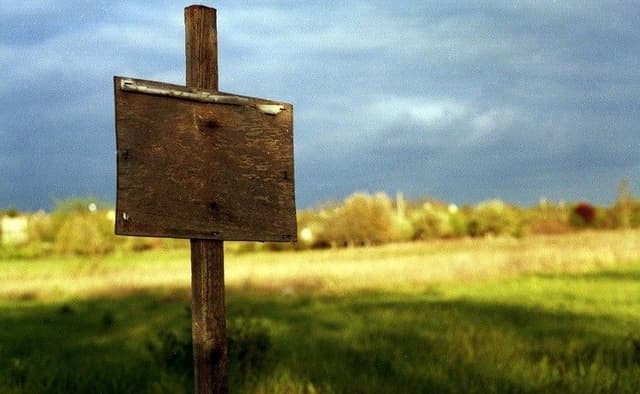
The vacation house rental market continues to grow at a rapid rate. Many first time investors are drawn to the idea of having a holiday home that can be enjoyed a few times a year, while bringing in e...
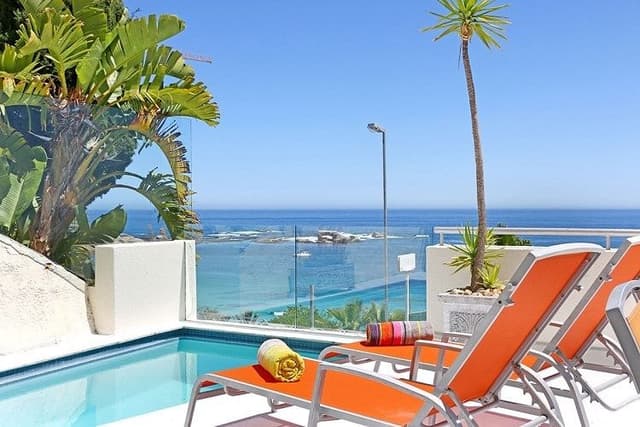
Airbnb optimisation can often be a bit confusing at first. This major holiday accommodation listing platform has rapidly changed the vacation rentals game. With a constantly growing database of proper...

First time holiday rental investors have a lot to learn. From knowing where and when to invest, to doing the endless research that allows you to make an informed decision, everything you do affects yo...
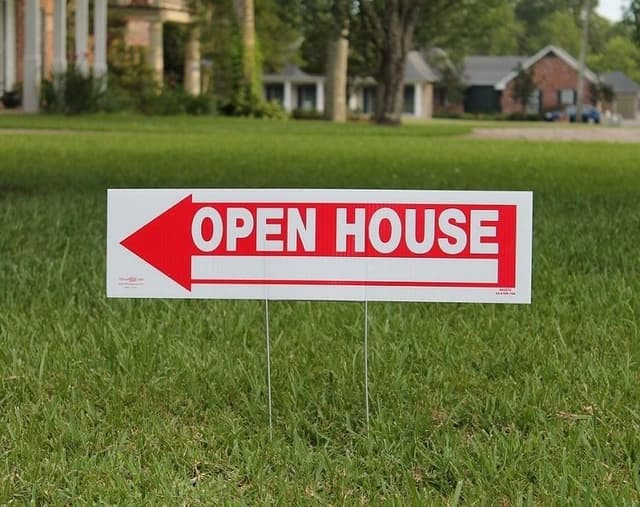
Much like short term rental for business travellers has its own set of requirements, vacation rental for leisure travellers also has specific requirements. The leisure travel market is a diverse group...
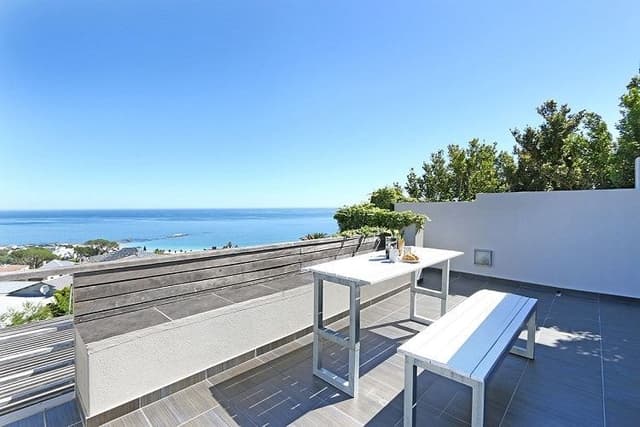
Short term rental for the business travel market includes a wide range of properties, for individual travellers as well as groups. In Cape Town, business travel makes up a growing portion of the overa...

Holiday apartment rental offers an excellent choice for property investment. Smaller than villas and free-standing houses, apartments cater to a diverse range of travel markets. Smaller spaces are oft...
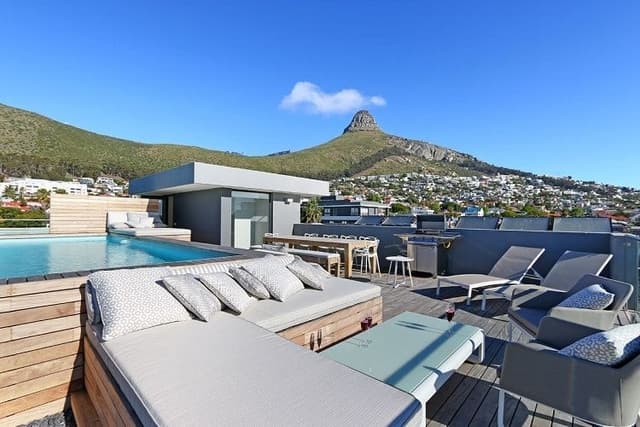
Your holiday rental has seen a slow but steady rise in bookings over the year, but are you ready for the upcoming peak travel season? Here in Cape Town, the summer holiday period between December and ...
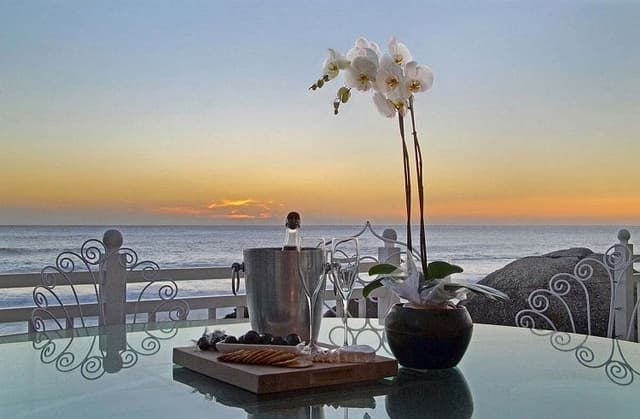
Becoming an Airbnb host is simple enough, in theory. If you have your space listed on Airbnb, you are essentially a host. But, while anyone can be a host, it takes a bit more effort to become a super ...
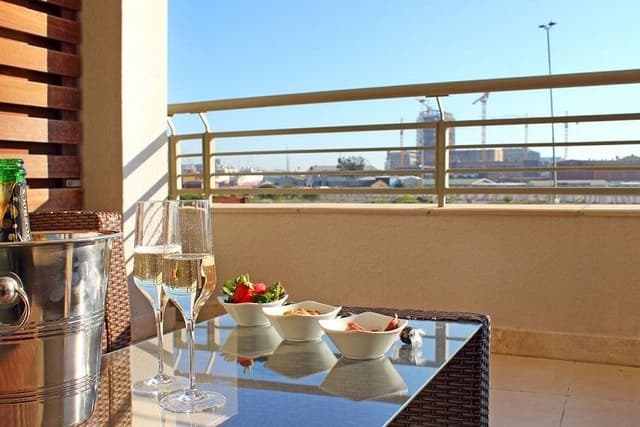
Cape Town CBD holiday rental property caters to leisure travellers as well as corporate travellers. The area's centrality, convenience and proximity to world-class attractions and facilities make it o...
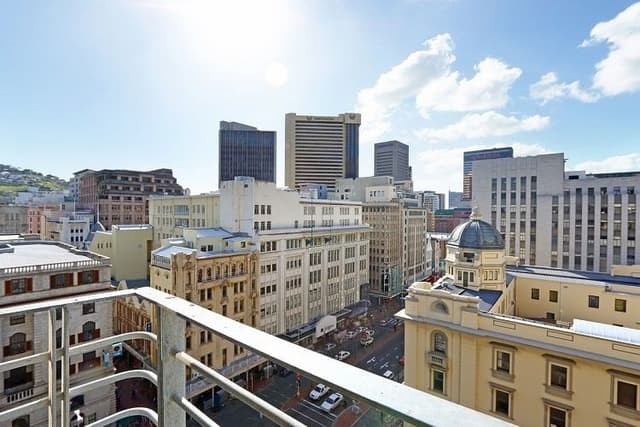
Short term property offers an enticing investment for many, but it is not without its share of challenges. The rise of platforms such as Airbnb have opened up the field of property investment to more ...
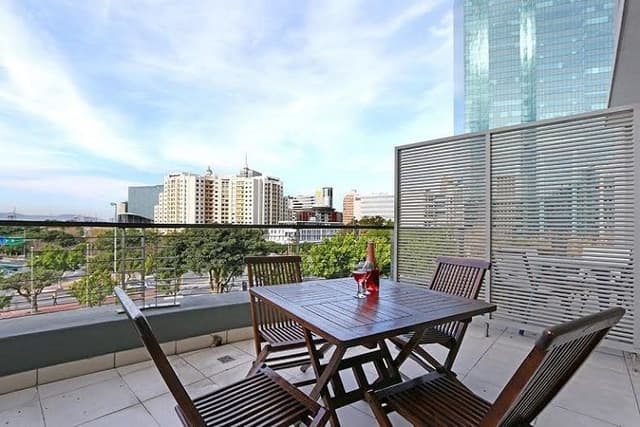
You may assume that the ideal short term rentals market is anyone wanting to book your property for a stay. While all guests are welcome, finding your ideal market gives you the benefit of a far more ...
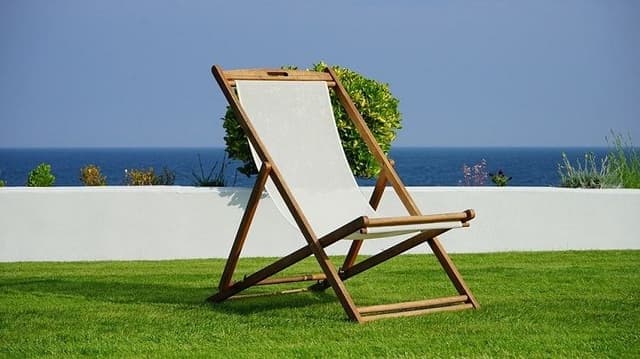
Atlantic Seaboard holiday rental property comprises some of Cape Town's most sought-after holiday homes. From the iconic beachfront suburbs of Camps Bay and Clifton to the central hubs of Green Point ...
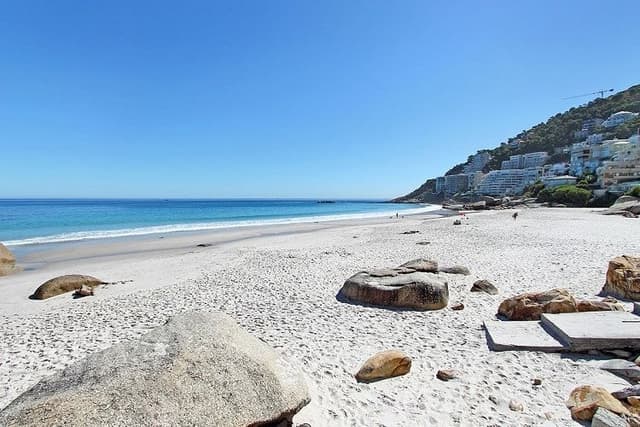
What exactly does managed vacation rental mean? More importantly, how does a managed approach differ from a non-managed one? For many property owners wanting to break into the short term rental space,...
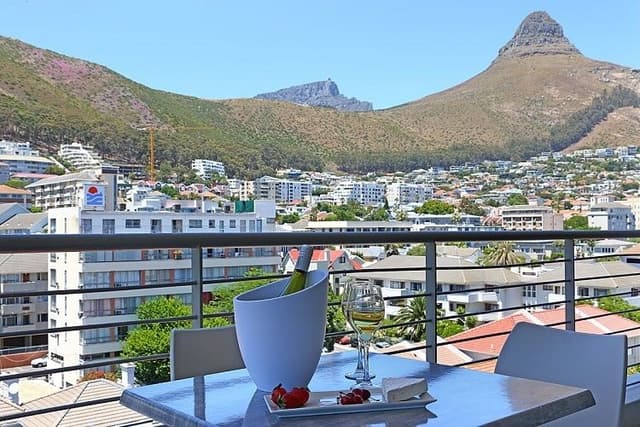
Many budding property investors eagerly anticipate the rewards of short term property rental. Not everyone stops to consider the effects that travel seasons have on your success however. If you have t...
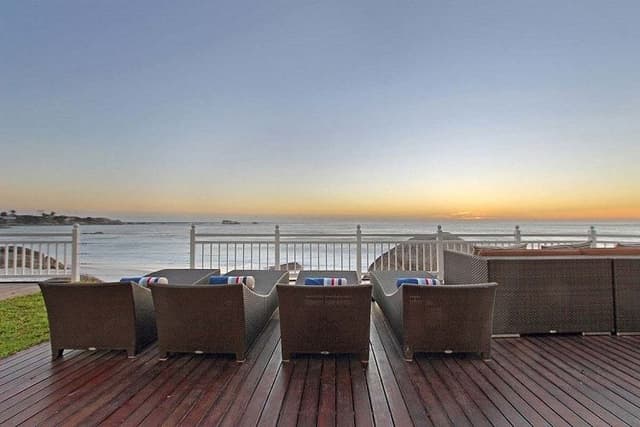
Your Airbnb property has had a few bookings, but compared to similar properties in your area, it just never quite seems to generate glowing reviews. If that scenario sound familiar, you're not alone. ...
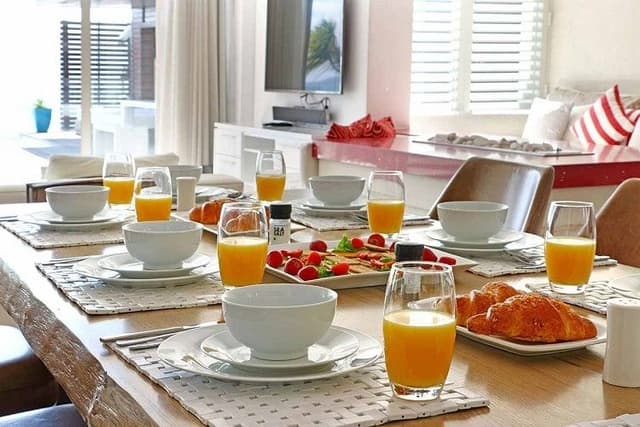
Holiday property investments offer an excellent way to take advantage of the consistent growth within the South African tourism industry. In Cape Town especially, many property owners are making the t...

The vacation home rental market is known for its fierce competition – especially in popular travel areas such as Cape Town. Thanks in part to booking platforms such as Airbnb, anyone with property to ...
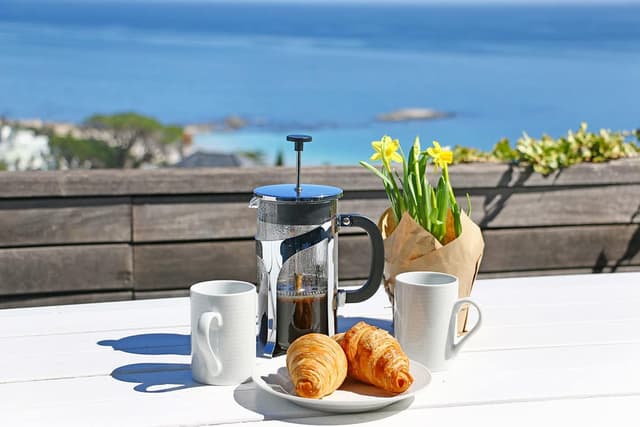
Why should you consider working with a holiday rental property manager? Is it really worth the investment to partner with a professional, or can you go it alone and still get the same results? For man...

Airbnb occupancy plays a very important role for those wanting to generate a notable income from short term rentals. It goes without saying that bookings are your bread and butter – having an empty, u...
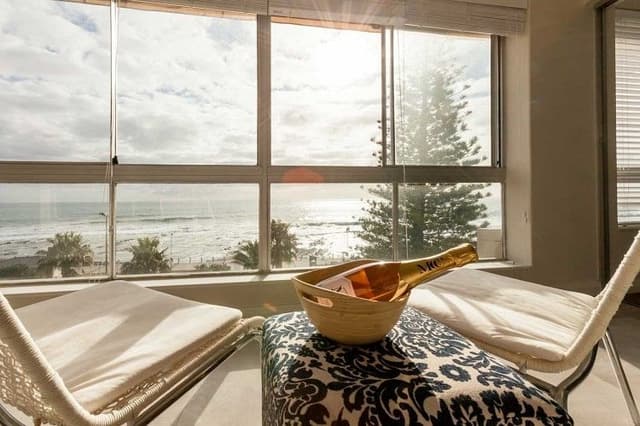
Planning on investing in holiday rentals? Before you get too carried away, it can be extremely valuable to consider all of your options well in advance, so that you can safely and realistically get th...
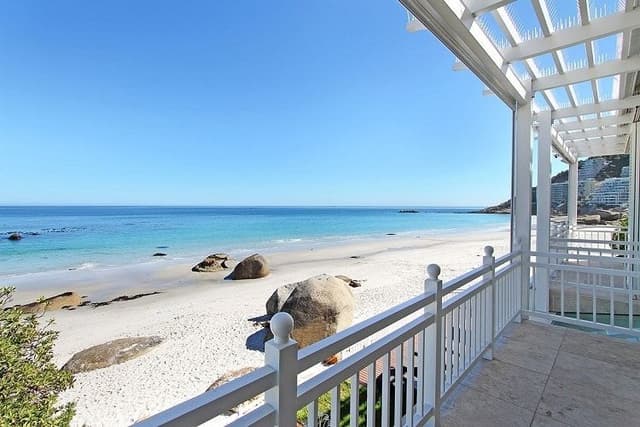
Vacation rentals make up a constantly growing percentage of the property rental market. In Cape Town alone, this market is rapidly evolving, especially as tools such as Airbnb continue to advance.
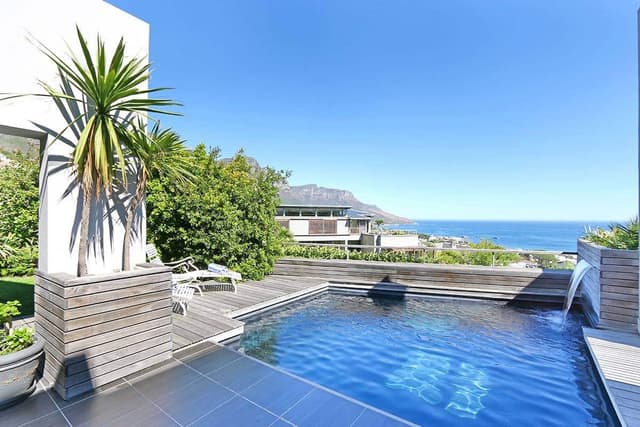
The Airbnb rental platform has allowed anyone and everyone who owns a property to benefit from short term property returns. While this is great for the economy (and for the holiday rental market in ge...
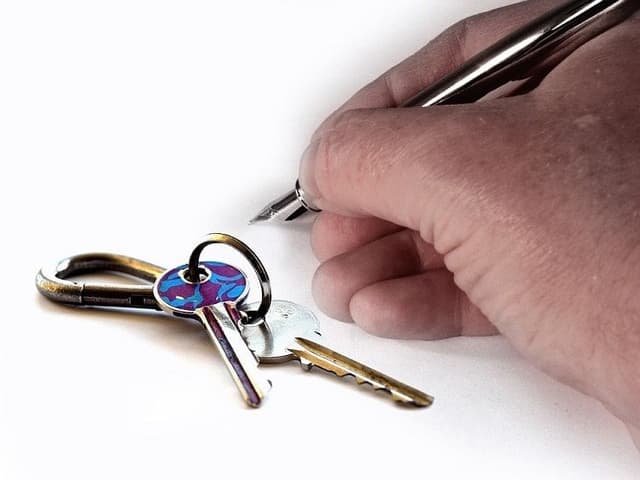
As far as vacation rental property in Cape Town is concerned, location is everything. South Africa's Mother City is home to a wide range of neighbourhoods.

Vacation rental property types vary considerably. While the two most popular property types for short term rental are without a doubt villas and apartments, there are many other properties that do not...
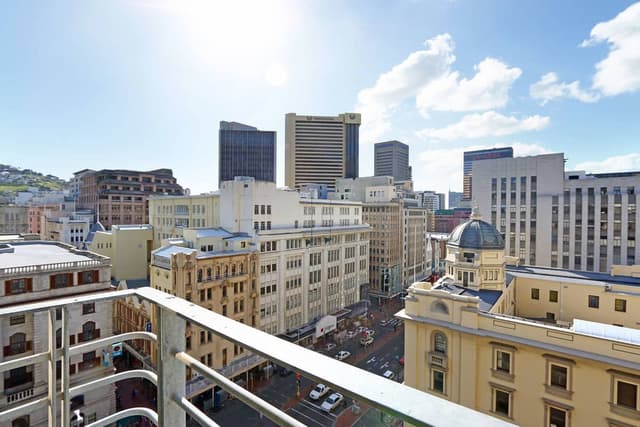
The lure of a high short term rental income is what leads many property owners to rent out their properties to holidaymakers. Many new property investors assume that making a fortune through holiday r...

With so many jumping aboard the Airbnb trend, short term property rental mistakes are becoming a lot harder for some property owners to avoid. While this platform has made it possible for more people ...
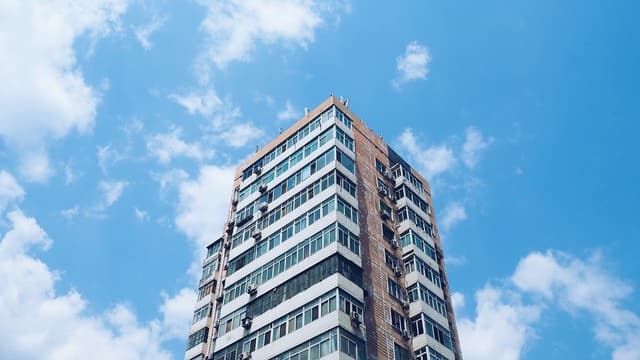
A few people you know are making a killing on Airbnb, and you are seriously considering purchasing a holiday rental property to kick-off your investment dreams. Before you get too carried away, you fi...
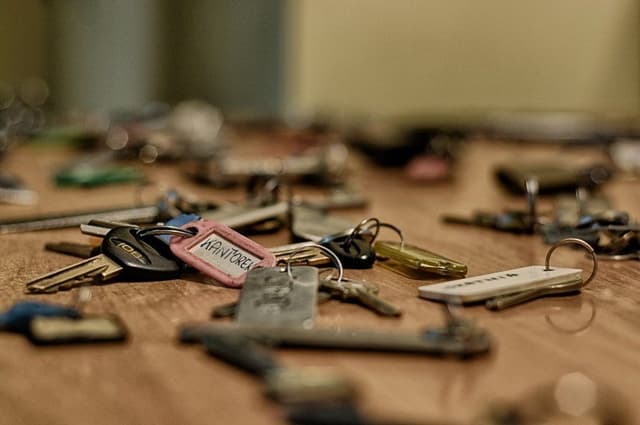
If you have big plans on transforming your investment property into a space that attracts premium holiday rentals, you likely already know that visitors expect the very best. Sadly, as the rapid rise ...
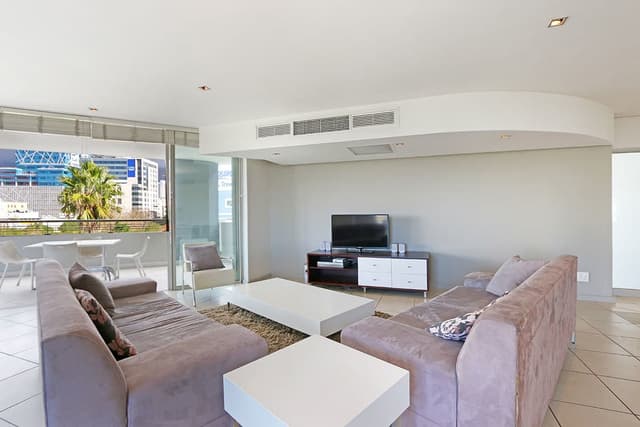
Whether you’re thinking about putting your apartment on Airbnb or you are looking for an experienced vacation rental property manager for your villa, choosing the right partner to help you maximise yo...
